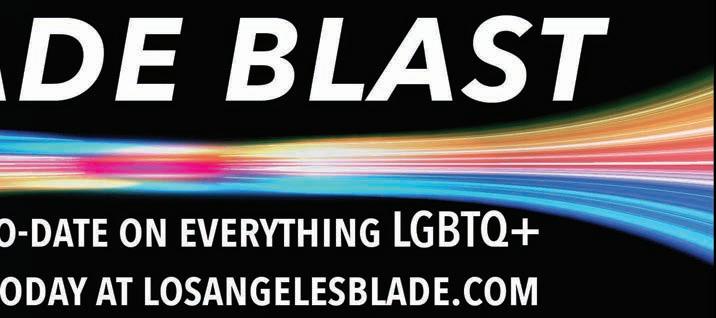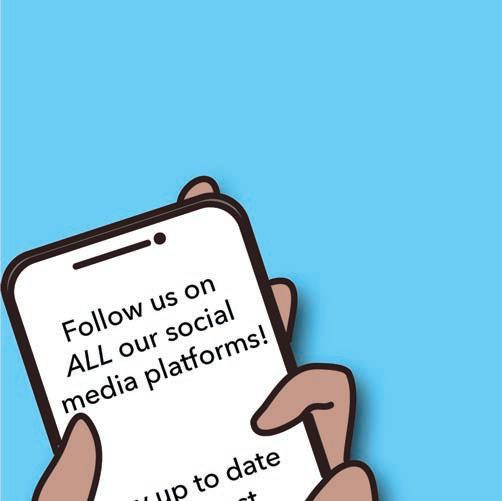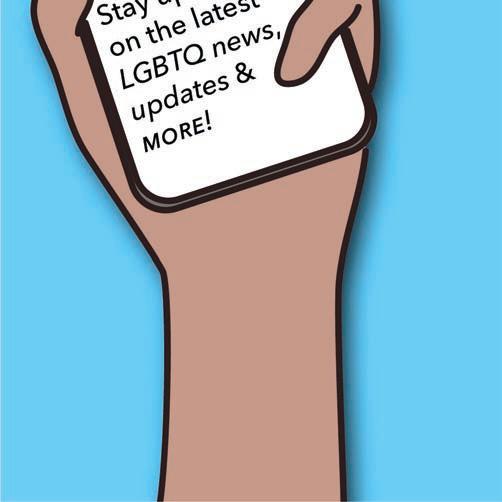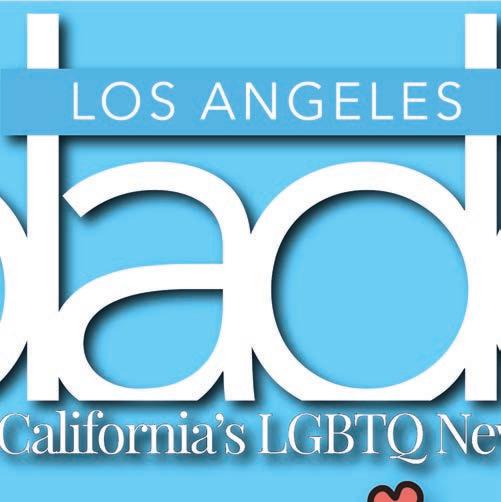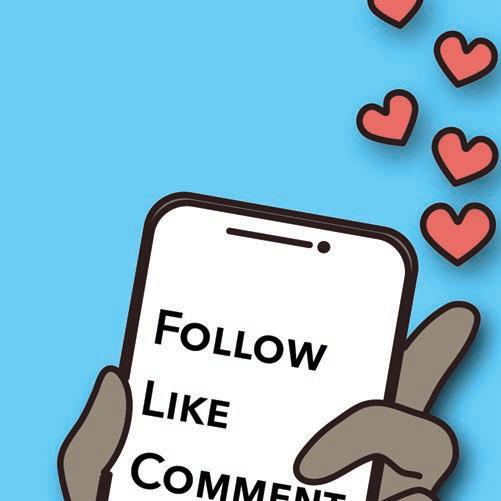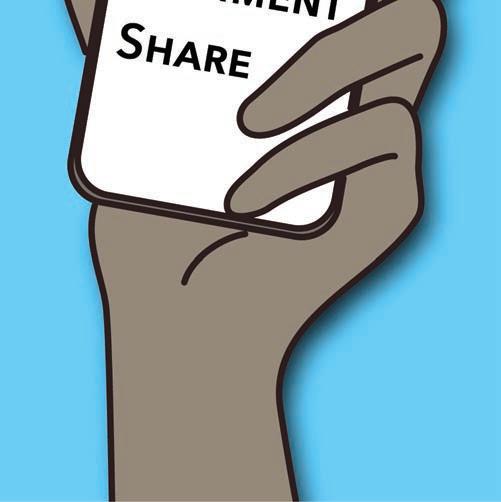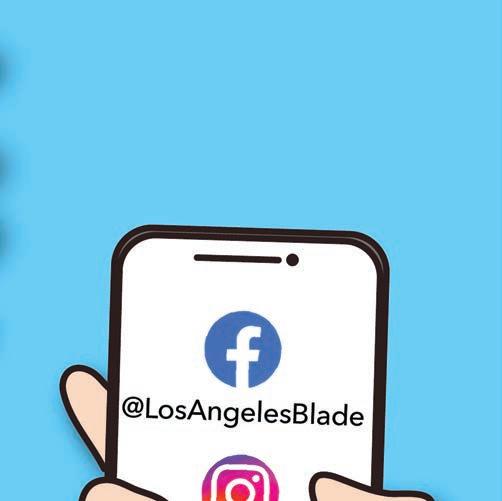









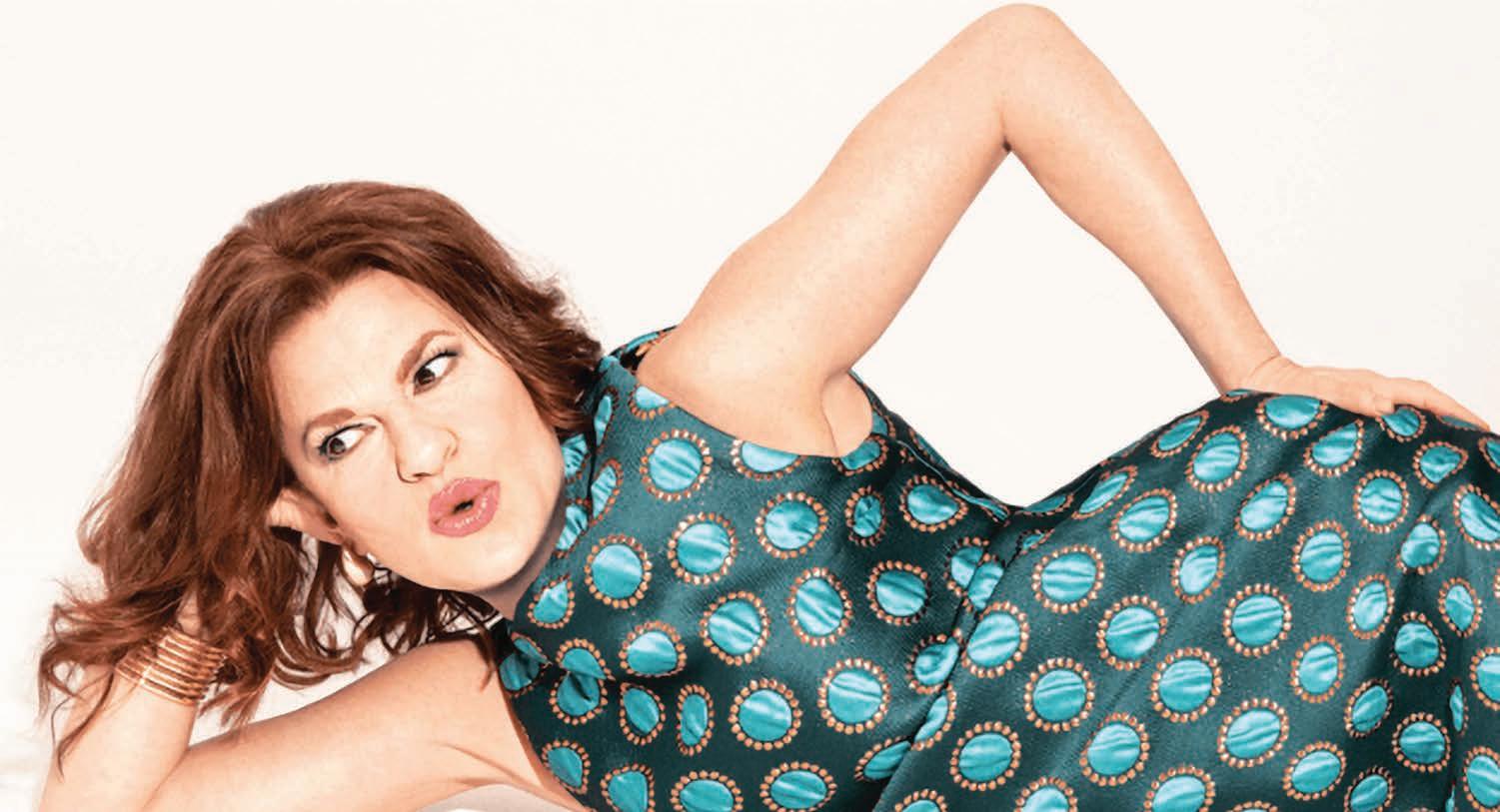
























“devastating”
Supreme Court allows “unlawful” immigration operations to continue
By KRISTIE SONG
Since June, federal agencies began conducting mass immigration operations in Los Angeles and other major cities. For just as long, local residents, leaders, and advocacy groups have challenged their arrest and detainment practices, citing that their methods have violated constitutional rights.
In July, individual workers were joined by organizations like the Los Angeles Worker Center Network and the Coalition for Humane Immigrant Rights in filing a lawsuit against the Department of Homeland Security (DHS), arguing that federal agents had been illegally arresting people based on their perceived race, language and work — a violation of the Fourth Amendment.
As a result, two temporary restraining orders were issued, barring federal agents from stopping individuals without reasonable suspicion. DHS was also ordered to pro-
vide access to legal counsel for detainees.
On Monday, the Supreme Court voted to end this and granted the federal government’s application for a stay — or pause — of the temporary restraining orders. This will allow immigration operations to continue, and how they will proceed worries local leaders.
“This Supreme Court ruling strikes at the heart of who we are as a nation—allowing immigration agents to stop and detain people for little more than speaking Spanish or having brown skin,” wrote District 51 Assemblymember Rick Chavez Zbur, a longtime advocate for LGBTQ+ civil liberty. “This endangers our communities, undermines our democracy, and erodes constitutional rights.”
Some city officials hope to continue providing resources and support to affected
community members. “As the raids were taking place across the region and in our own City, we took immediate action to ensure there are adequate resources to care for and support immigrants and their families,” wrote West Hollywood mayor Chelsea Byers. “This work will continue.”
West Hollywood was one of several Los Angeles county municipalities that filed a motion to intervene in the ongoing lawsuit, calling for the court to stop the federal government from conducting unlawful stops and searches that were based on assumed race and not on probable cause. It also activated its West Hollywood Responds program to raise awareness on available services like legal toolkits and training, consultations, access to free meals and more.
Local organizations are also extending their support. “The Supreme Court’s ruling
Kristie Song joins the team at the Los Angeles Blade as a California Local News Fellow
In her new position, Song will explore the intersections of identity, culture, and resistance across LA’s beautifully diverse queer political scene.
By AJ SLOAN
Fresh from the UC Berkeley California Local News Fellowship, Kristie Song has officially found a new home at the Los Angeles Blade, and she’s ready to serve up some top-tier journalism that serves the community.
A queer Asian American journalist with a passion for zines, intergenerational dialogue, and community-rooted storytelling, Song is already making space for voices that are often sidelined and suppressed. Song is here to celebrate joy, resistance, and everything in between. We chatted with Song on what brought her to the Blade, why local journalism is important, and the power of asking the right questions.
What first drew you to the Local News Fellowship, and how did that lead you to the Los Angeles Blade?
Before moving back to Los Angeles for the Local News Fellowship, I’d spent a number of years freelancing and interning at different newsrooms and outlets in the Bay Area. It was a really joyous few years — I learned to carve a niche and develop my voice while traversing this really rich landscape, scoping out stories and voices I wanted to share with readers and listeners.
I spent a morning with a group of Chinese and Latine women in San Francisco’s
Mission District, watching as they practiced their march for the yearly Lunar New Year Parade, lifting up flags that represented their migration stories. I spent time with queer zine artists as they organized festivals and workshops to preserve and share accessible artmaking mediums to their communities, expanding a continually evolving tapestry of Black, brown, queer, disabled people finding their footing through art.
I hope to continue doing work like this at the Los Angeles Blade, to uplift community voices and shine light on the challenges local LGBTQ+ individuals face politically and socially — as well as the ways they lean on each other for resistance and solidarity.
How does your identity and experiences impact the stories you’re most enthusiastic to share?
As a queer Asian American journalist, I am most excited to tap into queer diasporic communities and communities of color. What are their histories, and how have they rooted and branched out over time here in Los Angeles? Growing up, I was not exposed to a ton of queer media, education and journalism, especially when it comes to BIPOC narratives. As a young teen, I learned to internalize my
questions and confusion around my identity, a habit that planted a seed of shame deep within me.
When I began to find queer community as an adult, so much of this shame was dispelled. I found comfort and avenues for unity, expression, and education by engaging with people who understand and uplift me, and I hope to meaningfully document and report on LGBTQ+ stories that similarly support and inform our local queer spaces and community members.
What is your perspective on the queer community of LA and what role do you feel news and media play in influencing and shaping it?
Right now, I am so excited to explore the dynamic landscapes of LA’s queer communities. Since I’m quite new to living right in the heart of the city, I am trying to soak up as much as I can! Wherever I go, queer spaces and communities have always been instrumental in shaping the local land. I want to tell these stories. For many everyday readers, what they see in the media and news is often identified as what “should” be relevant – even if these news pieces sometimes overlook their voices. I hope to be part of communi-
is a devastating setback for Latine and immigrant communities, especially LGBTQ+ people who already face immense barriers to safety and belonging,” wrote Terra Russell-Slavin, the Los Angeles LGBT Center’s chief strategy officer. Russell-Slavin explained that the center has expanded free legal clinics both virtually and throughout the city to provide Know Your Rights workshops and other immigration and asylum support services.
“You are not alone,” Russell-Slavin continued. “And the Center will continue to stand with you.”
On September 24, the federal district court will hold a hearing to consider additional evidence and a possible preliminary injunction that will pause this most recent ruling.
Kristie Song reports for the Blade courtesy of the California Local News Fellowship

ty-oriented journalism that highlights just how instrumental these everyday voices are.
What is one issue or topic that you’re particularly looking forward to exploring as a journalist for the Los Angeles Blade?
I am really interested in exploring the connections between queer elders and youth, particularly in communities of color. How has the queer landscape changed amongst our most marginalized community members? I am interested in exploring the lives and challenges of queer disabled people, the elderly in general, unhoused individuals, and other people who deserve more ample coverage in the media. I am also interested in exploring what issues impact our communities most, especially as it relates to healthcare, politics, violence, and representation.

show and why it’s more important than ever to
“Everybody’s
just sort of fried and burned out, and it’s only been five or six months since this all sort of cracked open,” Bernhard says of Trump’s presidency
By MATT MINTON
Sandra Bernhard knows there’s nothing quite like the power of live performance. And with her upcoming Sept. 29 stop at Oscar’s in Palm Springs on her Shapes & Forms tour, she knows she has plenty of material to work with, given the current state of the world.
“It s that fine line and balance between really entertaining people, bringing them up and also still reminding everybody of the times we re living in,” Bernhard tells the Blade. “I edit carefully because everybody s ust sort of fried and burned out, and it s only been five or six months since this all sort of cracked open. So the whole thrust of the show is to bring people up and have it be more upbeat, personal, anecdotal.”
Bernhard’s upcoming live appearance comes after a banner year for the D-award winning actor, with notable roles in the breakout second season of Severance, RuPaul’s Drag Race and an upcoming performance in Josh Safdie’s Marty Supreme, which is already receiving early scar bu .
Bernhard s performances blend music and singing in a unique, eclectic way, with the band Sandyland Squad Band continuing to perform. “I m not saying I was the first to do it, but I certainly was one of the first people to do it in a post-modern way. So I try not to really look around and see what other people are doing. It’s not helpful for me,” she says. “I don t know if people are inspired by me, but I can only inspire myself.”
Returning to California with decades of success in her career makes this stop personal for Bernhard. “I worked in Beverly Hills as a manicurist on Canon and North Canon Drive, and I also first started performing at a place called the Ye ittle Club, which isn t there anymore. So while I was supporting myself by doing this day gig, and then I started doing my night gig, it was sort of a funny little insular world,” Bernhard says. “ nd I still have friends, women that I did their nails back in the s. Some of them are still around and I have lunch with them when I’m in town. It’s a really wonderful continuum of where I ve come from and where I m going.”
Bernhard first broke out as an actor in artin Scorsese’s 1982 classic The King of Comedy. She starred in the dark comedy alongside Robert de Niro and received a coveted National Society of Film Critics Award.
“It was way ahead of the curve — very prescient about fame and people doing anything to be famous. nd certainly we ve gone over the top of that. I mean, it s insane,”
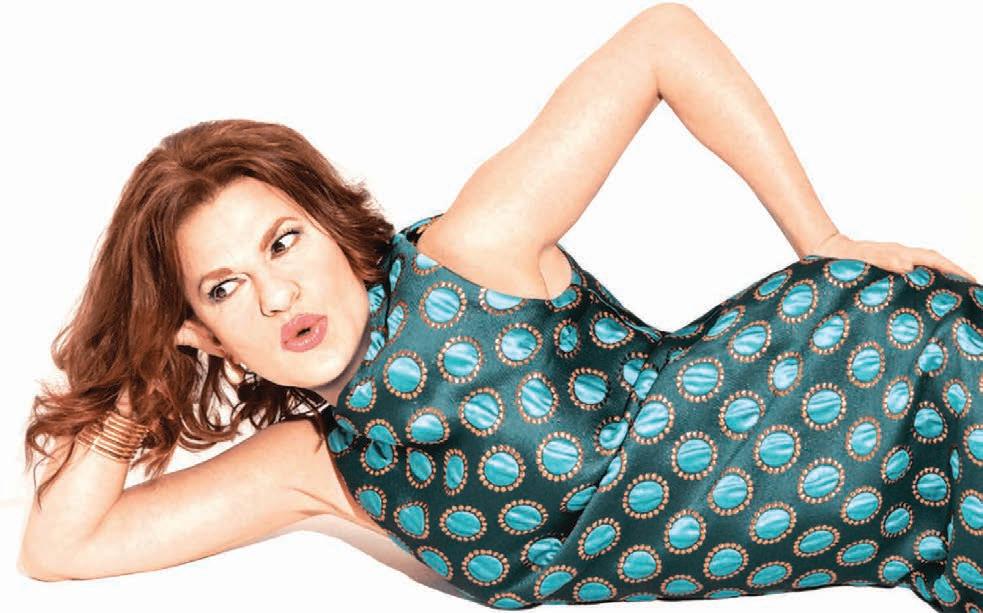
she says. “Social media influencers, people that really don t have anything specific or important to say, have managed to forge careers for themselves in ways that almost don t make any sense to me.”
She continues, not mincing words: “I think you have to roll up your sleeves and go into life as a young person and work But with all these people who ust seem to lay around all day on the internet and social media, I don t have much respect for that. I think it s la y, ignorant, stupid. You’re not reading, you’re not elevating yourself or your intellect. I don t find it in any way, shape or form inspiring.”
The King of Comedy not only put Bernhard on the map for on-screen roles, but also helped her expand into live performance. nd as she prepares to take this next stop after bringing Shapes & Forms to New York and assachusetts, she has her priorities set on which audiences she needs to reach.
“It s more important for me to reach the straight audience than it is the gay audience in terms of opening them up to thinking about things in a new way. I mean, it s a given that my gay following loves me and gets me and understands all the aspects of what I do and the nuances,” she says. “ People connect with me because of my humanity, and it’s my humanity that means the most to me — especially right now — with people being snatched off the streets, being sent down to South merica in violent situations, where people are dying in a a.”

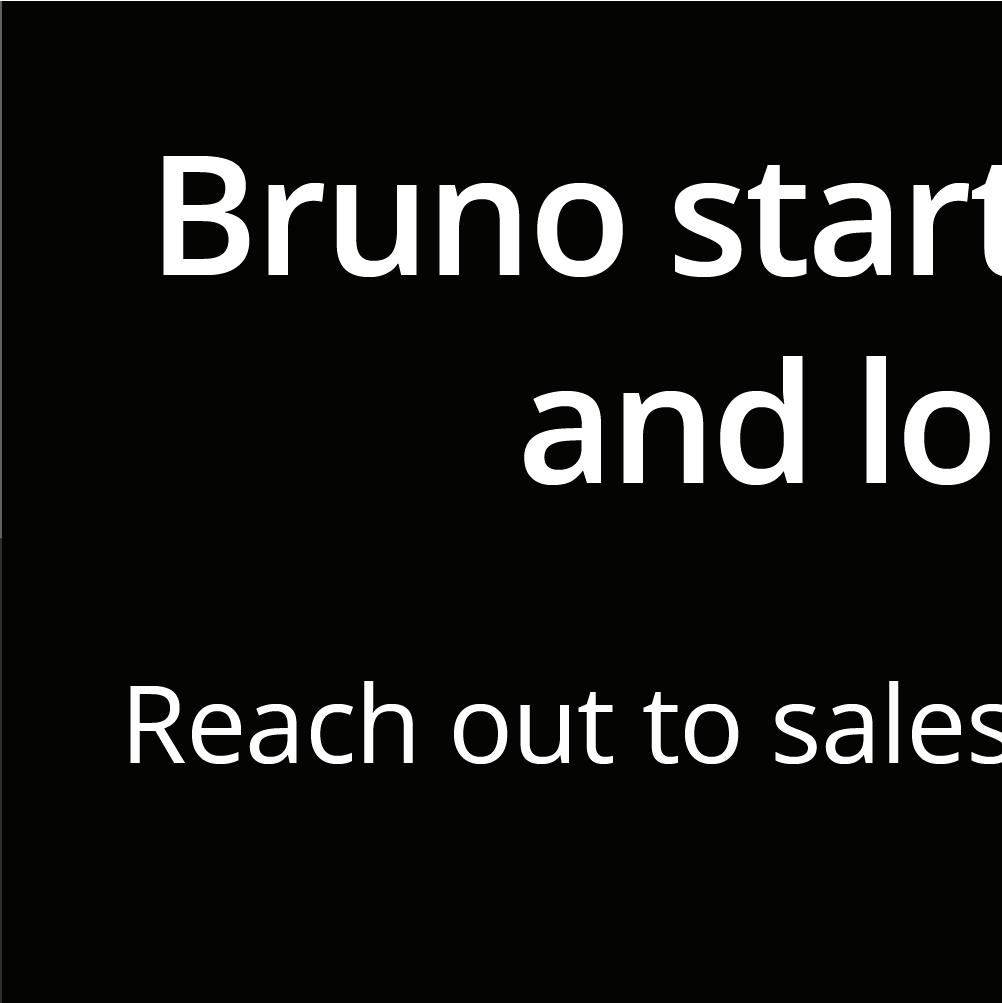
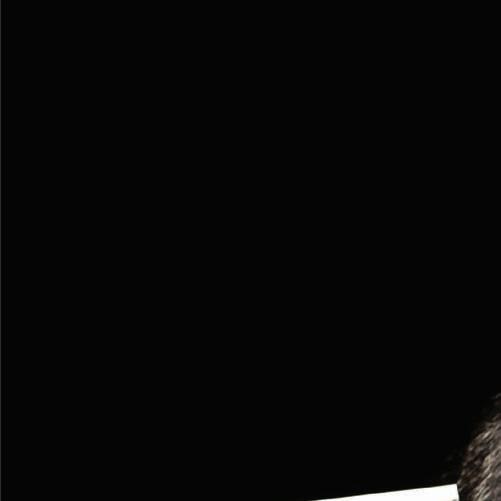
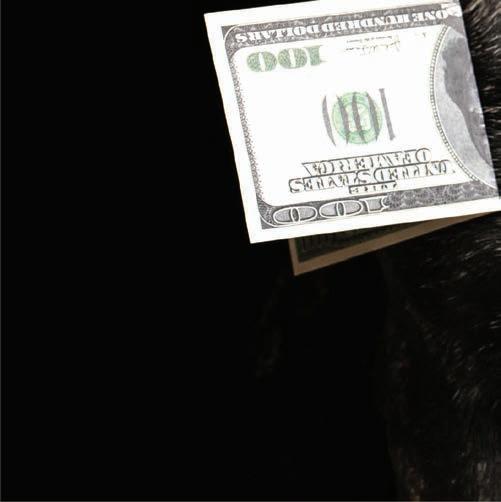
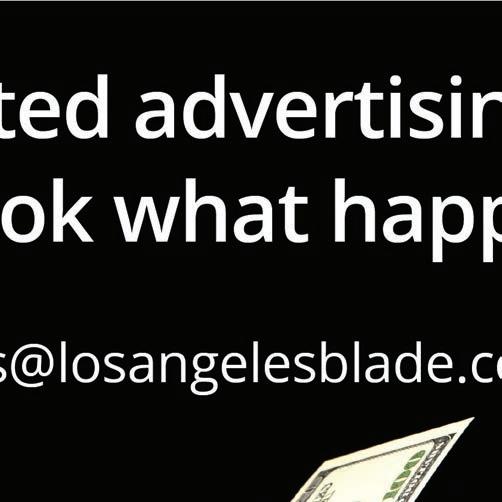

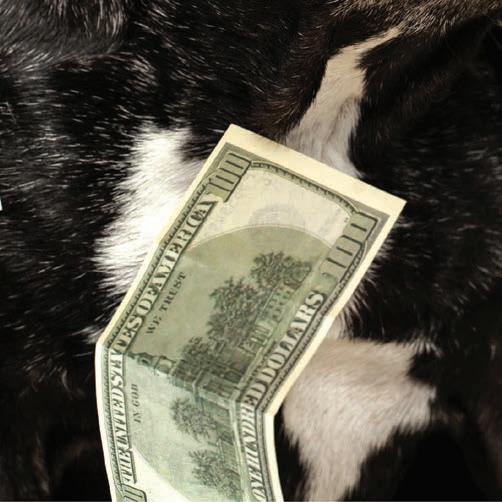
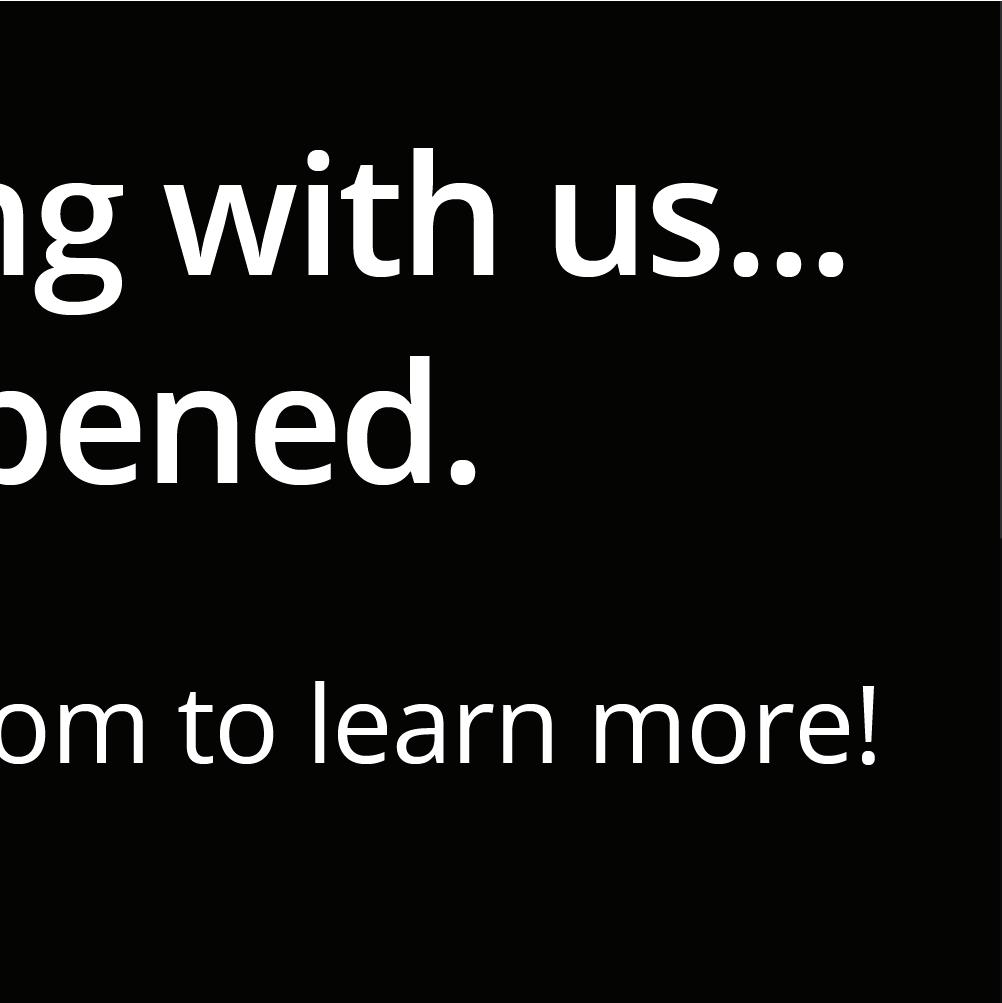



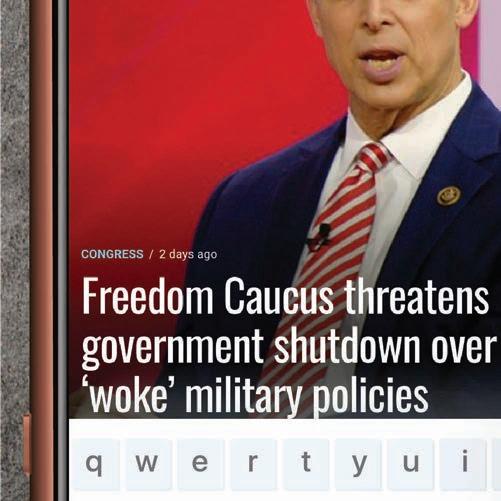


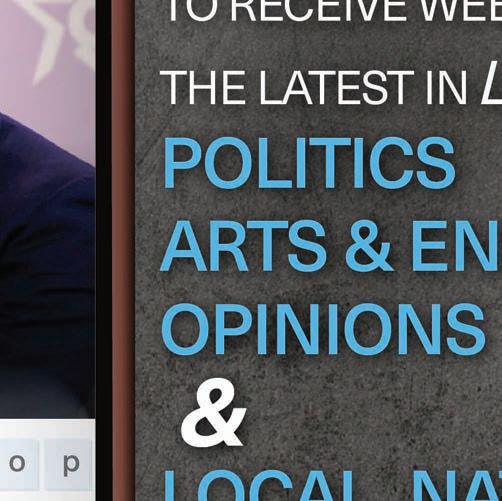
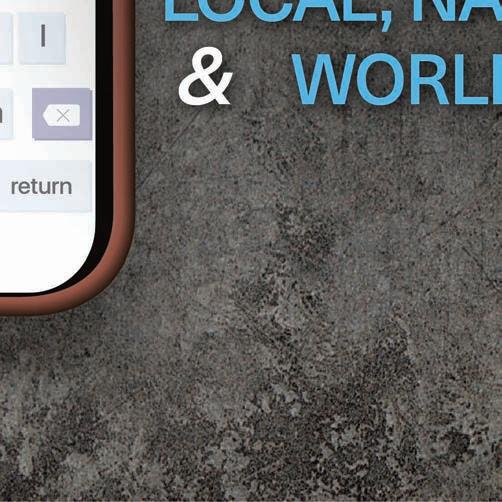

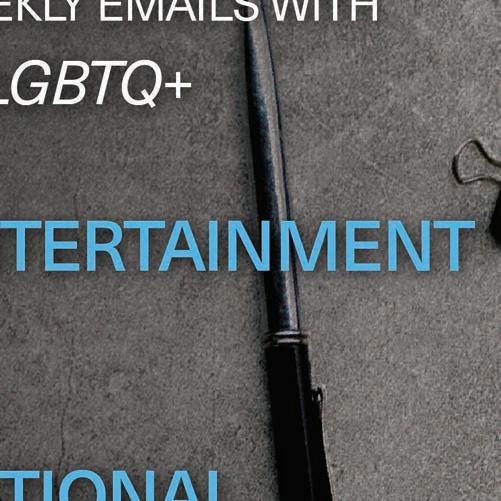
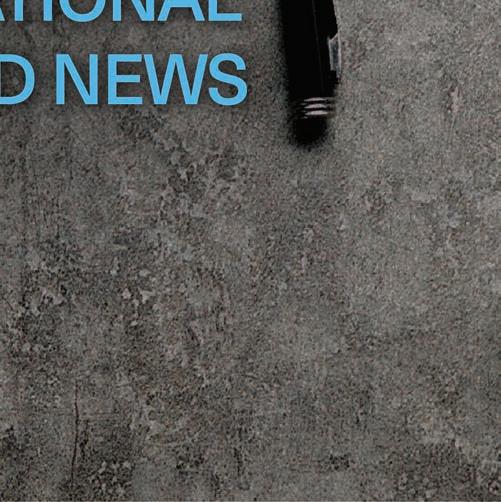

By JOE REBERKENNY | jreberkenny@washblade.com
The Human Rights Campaign held its annual National Dinner on Saturday, a cornerstone event aimed at raising both funds and awareness for the ongoing fight for BT equality in the nited States. For the first time in more than two decades, the gala was hosted at the Washington Hilton, moving from its traditional home at the Walter E. Washington Convention Center. The change in venue marked not only a physical shift but a reflection of evolving priorities, including enhanced security and a more intimate guest list, according to attendees who have been coming to the gala for years.
Despite these changes, the event was sold out, with approximately ,5 supporters filling the International Ballroom. Ticket prices ranged from $450 for general admission to $1,250 for premium seats, with full tables of 12 reaching $15,000. The gala remains HRC’s single largest annual fundraiser, drawing some of the most prominent voices and allies in the BT community.
The evening’s atmosphere was a study in contrasts. Smiles and fashionable ensembles could be seen at every turn, yet there was an undercurrent of somber reflection as conversations throughout the night frequently turned to the ongoing fight for equality, particularly in light of attempts to roll back protections like Obergefell v. Hodges and the Trump administration s crusade to ban gender-affirming healthcare. Notably absent from discussions was the recent shooting of Charlie Kirk, despite HRC’s public pressure on the Wall Street Journal to retract its erroneous reporting linking the suspect to the transgender community.
The evening’s program, which lasted more than four hours, was led by HRC President Kelley Robinson, who has guided the organization since late 2022. Robinson, a former executive director of Planned Parenthood, delivered a stirring address that balanced acknowledgment of progress with the stark reality of continuing challenges.
“It can be really hard to dream when we are living in a nightmare,” Robinson said. “These are not ordinary times. There is nothing ordinary about ripping parents from their children, cutting billions from programs that keep people alive, or trying to erase our marriages. Love is still love.”
She continued, emphasi ing the intrinsic role of BT advocacy in American history.
“This is our country. We have paid for it in marches and vigils, in court cases and funerals, in freedom songs and in blood. This is our inheritance,” she said. “This is our damn country too… Every seed we plant turns backlash into breakthrough. Every act of courage can turn despair into determination. Every dollar we raise brings us one step closer to equality. ne day soon, we will be more familiar with joy than we are with grief. One day soon, we will feel as safe under the American flag as we do under the Pride flag We ve got to choose hope anyway. We’ve got to choose love anyway. We’ve got to choose joy anyway.”
aryland ov. Wes oore, who was also in attendance, delivered a rousing speech that acknowledged the ongoing marginali ation of BT people, particularly transgender in-
dividuals, while celebrating the progress Maryland has made in protecting its citizens.
“Silence will never be forgotten. I am drawn to those who are unafraid, and in President Robinson, HRC has exactly that kind of leader,” Moore said.
He went on to critique policies that continue to harm BT Americans—without directly naming the Trump administration—and underscored Maryland’s steadfast protections for its BT population.
“Nobody should ever have to walk around and feel like they have to justify their humanity in Maryland—or anywhere in the United States,” he said. “We don’t get to pick the times we live in—those times pick us. The only question is, when the moment comes, do we run or do we lead? HRC was built in a moment like this—not when it was easy, but when it was hard. And that is why HRC is built to lead right now… Those who seek to destroy will fade away and be forgotten. But those who stand up for equality and ustice will be everlasting.”
Congresswoman Sarah cBride D-Del. , the first transgender person elected to Congress and a former HRC staff member, delivered the evening’s keynote. Her speech focused on the urgent need to defend transgender rights in the face of escalating attacks on gender-affirming healthcare for youth.
“It is balm for the soul to be with family tonight—with my parents, my brother and his husband, and my HRC family,”
cBride said. “Two BT kids were a blessing in our home, and I stand before you as both an out transgender woman and a member of the United States House of Representatives.”
cBride highlighted the consequences of bans on gender-affirming care, citing a recent report from The Williams Institute showing that 40.1% of trans youth aged 13-17, roughly 1 , individuals across states, are affected.
“As a trans person, I am scared. I know millions like me are scared about where this could end for all of us,” she said.
Despite those fears, cBride emphasi ed dialogue and coalition-building as essential strategies for change.
“The lesson from both our progress and our current challenge is that when the public is with us, nothing is impossible—but without it, nothing is sustainable. We rejected the short-term comfort of preaching to our own choir and instead found the courage to grow our congregation. We welcomed imperfect allies and created room for people to grow—with space and grace.”
She concluded by urging attendees to channel their energy into positive action, including supporting organizations like HRC.
“The answer to that hate is not more hate. That love invites people in. That joy grows our ranks, and hope—infectious and inviting hope—is the only way forward.”
Artist Amy Sherald, celebrated for her evocative depictions of BT mericans, was honored with the “ lly for quality” award. Sherald’s work, including her controversial painting “Trans Forming Liberty,” which reimagines the Statue of
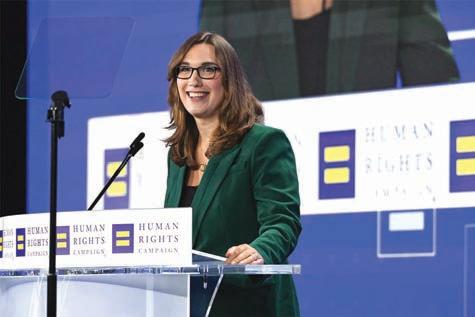
Liberty as a transgender woman, recently faced censorship at the Smithsonian, highlighting the ongoing challenges artists encounter when addressing BT visibility. The painting is instead being exhibited at the Baltimore useum of rt.
“If there’s irony in a painting called Transforming Liberty being censored in America, it’s that the ideas behind it—visibility, dignity, and freedom—are louder than any wall it can hang on or be taken down from,” Sherald said. “That painting was a love letter to my trans friends and the trans community—but when it was censored, it felt like someone had tried to paint over me too. The thing about art and truth is, you can try to cover it up, but it never disappears.”
Sherald, who is straight, is known for her greyscale portraiture, which avoids traditional black-and-white representations of skin tone, instead capturing a spectrum of human experience. Her work often reinterprets classic American iconography—like “ - Day in Times Square” or the Statue of iberty— to reflect a diverse, queer, and inclusive vision of the nation.
“This room is the living portrait of liberty and progress,” Sherald said. “You are what freedom looks like when it transforms.”
Music also played a central role in the evening. Former American Idol contestant David Archuleta performed alongside the 1 -member ay en s Chorus of Washington, D.C., delivering his original song “Home” before shifting into a spirited rendition of eorge ichael s “Freedom.” rchuleta, who spoke candidly about stepping away from the Mormon Church despite his family’s deep ties, captivated attendees in a greyscale cutout suit without a shirt beneath, while many guests danced in the ballroom.
Non-binary singer Vincint closed the evening with two performances, including the popular “Take Me Home,” leaving the crowd energized and inspired.
The gala also featured an ambitious auction and ra e, with pri es ranging from a three-day trip to Cocoa Beach and tickets to the Macy’s Thanksgiving Day Parade, to a luxury Tahiti cruise for two. A brand-new 2025 Lexus RZ was among the coveted auction items. HRC highlighted the “Worth It” initiative during the evening, aimed at helping BT individuals reach key financial goals, reinforcing the organi ation s broader mission to empower the community beyond advocacy and visibility.
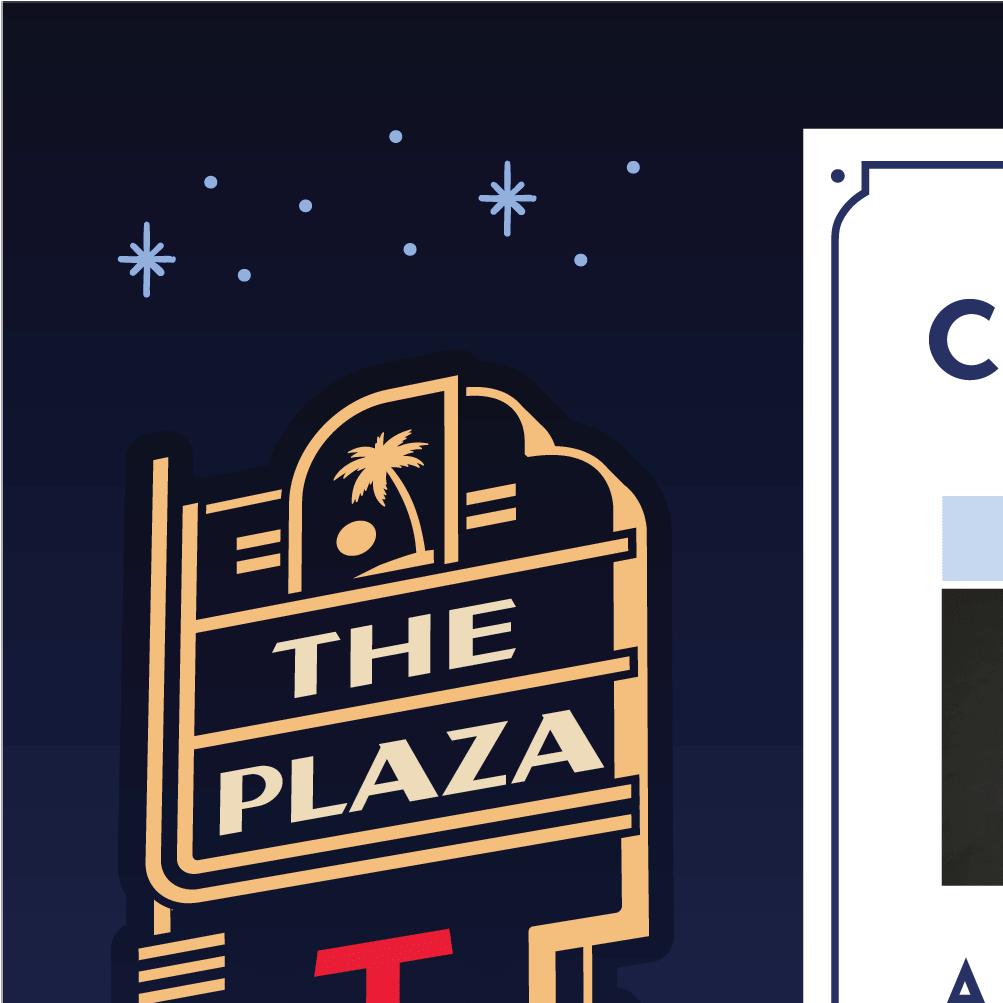
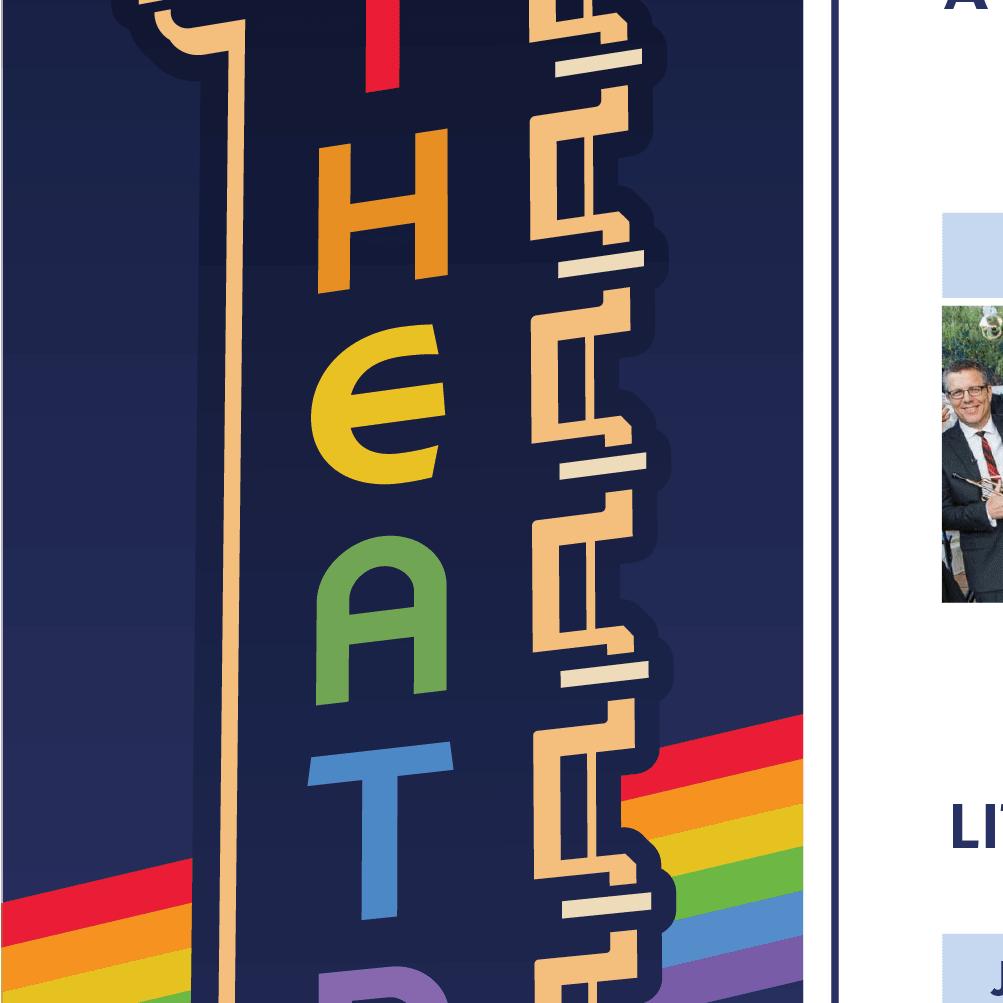
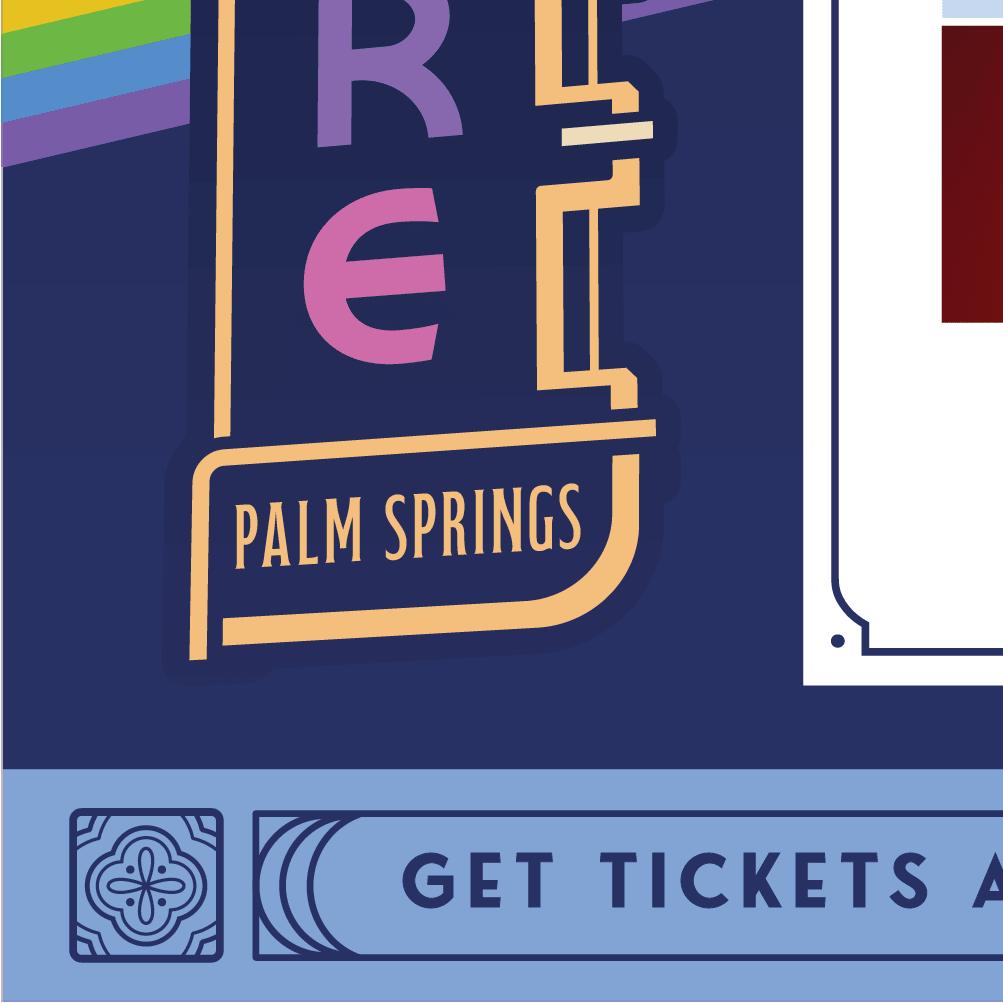
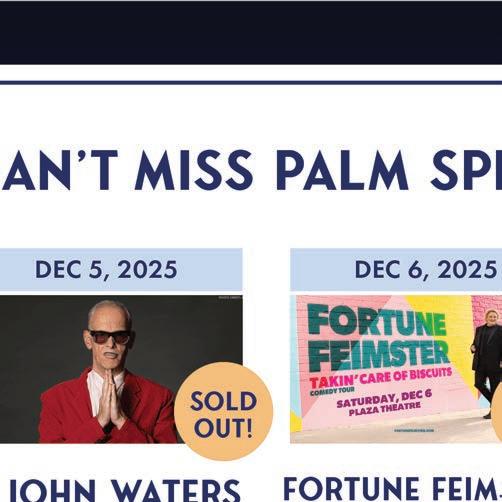

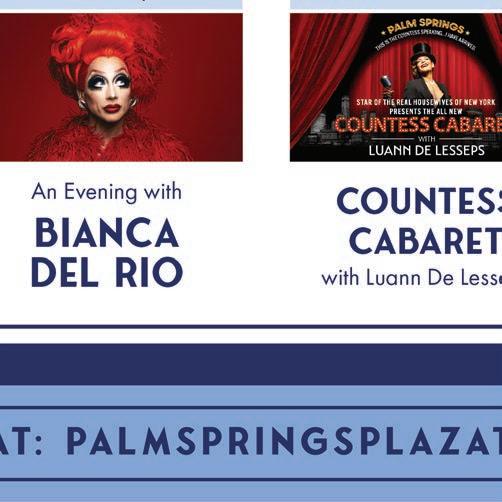
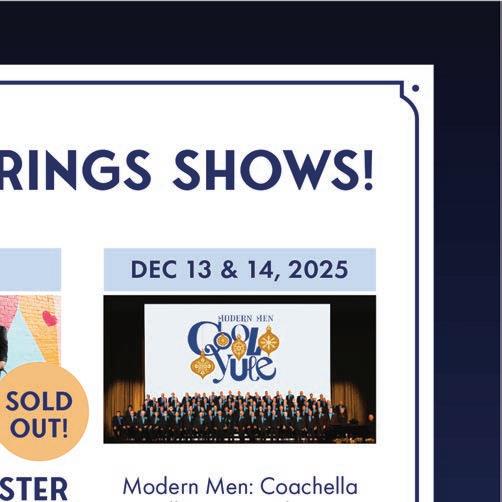
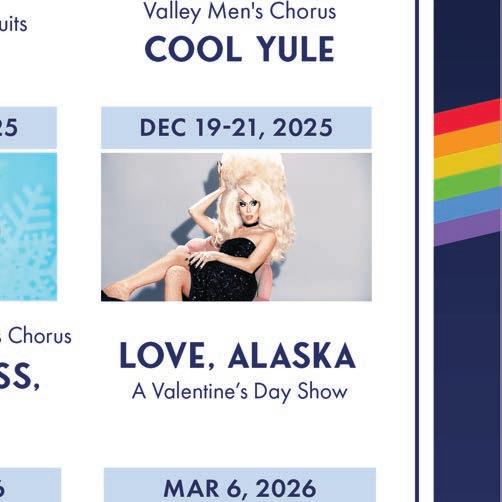


By SUSAN HORNIK
When “Severance” star Tramell Tillman became the first gay Black man to win for Best Supporting Actor in a Drama at the th Primetime mmy wards, the first person he thanked was his mother.
“Mama, you were there for me when no one else was and no one else would show up,” the first-time winner said onstage, during his acceptance speech.
“Your loving kindness stays with me, and this is for you. Thank you to the Academy. I am full. I am humbled. I am honored. And as my mama would say, ‘Whew. Look at God.’ Thank you.”
Backstage in the pressroom, Tillman said he was “on cloud nine” and “still processing” the historic win.
“I am fortunate to be in the company of such great actors that have gone before me, like Andre Braugher, Ossie Davis, Michael K. Williams, that have done beautiful work, and those that are still with us today, like Giancarlo Esposito and effrey Wright,” he said.
“These men, I’ve been taken by their work for years, and I borrow from them. So I’m just honored to be in the class.”
Tillman also mentioned the “importance of taking a chance on yourself,” adding he was “told that I would never make it as an actor, that it’s a career that leads to a dead end.”
But after seeing his classmates pursue their dreams, he realized it was time for him to take a chance, “I’ve learned there are no guarantees in life, but you continue to take a chance to see what happens.”
nother first-time BT winner who was thrilled with her win was “Adolescence’s” Erin Doherty, who won the Emmy for Outstanding Supporting Actress in a Limited or Anthology Series or Movie.
Doherty thanked her girlfriend Sinead Donnelly onstage.
“Sinead, thank you for making me the happiest person in the world. I love you with everything I’ve got,” she said lovingly. In addition, a visibly shocked eff Hiller won utstanding Supporting Actor in a Comedy Series in “Somebody Somewhere.”
Thanking his “sweet husband,” Hiller said: “I feel like I’m going to cry because for the past 25 years, I’ve been, like ‘world, I want to be an actor!’ and the world’s, like, ‘maybe computers.’ I just want to say thank you to HBO for putting a show about sweaty middle-aged people on the same network as the sexy teens of ‘Euphoria!’ Thank you to the Duplass brothers, Carolyn Straus, and Hanna Boss and Paul Thureen who wrote a show about connecting and love, in this time when compassion is seen as a weakness.”
Alan Cumming picked up his second Emmy for hosting Peacock s brilliant competition show “The Traitors.”
“Thanks to everyone who watches the show. Thanks to all of the people who have ‘Traitors’ parties and dress up as me. We see you. We love you!” he told the audience onstage.
Cumming is also an executive producer on the competition series. “Thank you to our crazy cast and our crew in Scotland who had to understand the concept of the Scottish summer is sometimes oxymoronic,” he quipped.
He also sent loving words to his hubby. Thanking his husband Grant, “who brings joy into my life every single day,” Cumming acknowledged that this was a difficult time we live in. But “it’s so great that our show brings a little bit of joy into this life.”
In the pressroom, Cumming was asked who he thinks should join the show, Cumming responded, “I’m sure our president would be very good on the show. Having a lot of chaos and sort of turmoil and treachery, so maybe he’d like
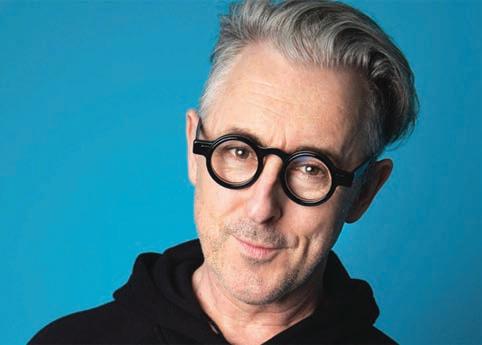
to come on and be paid for that, probably better than he gets as president.”
At the awards show, Cumming supported trans rights, wearing a decorative pin to the lapel of his dapper tuxedo.
While this next season will be full of celebrities, the following season of “The Traitors” will feature regular people rather than Hollywood types.
Around town, there was a plethora of gifting suites activity, with numerous BT nominees and vendors.
“ fter 5 years of producing the official rammy s gift lounge, it feels like a full circle moment to be able to add something as prestigious as the Emmy Awards Giving Suite to our roster,” said organizer Lash Fary.
“To still be expanding our scope after all these years is a testament to how gifts make people feel ... something that isn’t simply a trend. I’m incredibly proud of this new relationship and that sharing gifts I love with talented people I respect is something that allows me to live a beautiful life.”
Erroneous reports go viral and LGBTQ people pay the price
By JOE REBERKENNY
| jreberkenny@washblade.com
Charlie Kirk, one of the country’s most prominent rightwing political commentators and founder of Turning Point USA, was shot and killed last week while attending an event at Utah Valley University in Orem, Utah. Kirk, 31, had become a defining voice for a new generation of conservative activists—championing Trumpism, attacking LGBTQ rights, railing against immigration, and amplifying culture war rhetoric that earned him both loyal followers and passionate detractors.
Since his death, media outlets from all sides of the political spectrum began to look for any details that could speak to the killer s motive. In that rush to be the first to cover unknown details about the alleged shooter, who we now know to be Tyler Robinson, 22, multiple outlets began publishing information that had not been vetted or checked by law enforcement.
Early reports incorrectly linked the suspected shooter to the transgender community, with several outlets citing unverified social media accounts, anonymous chatter, and suspected “antifascist” and “transgender ideology” inscribed onto bullets that had come from an early law enforcement

bulletin. One outlet in particular — the Wall Street Journal — took a hardline approach to publishing this early, unvetted information. They went as far as to claim there was a direct link to the shooter and the transgender community in an article that has since been demanded to be taken down by the largest LGBTQ rights advocacy group, the Human Rights Campaign.
The National Association of LGBTQ+ Journalists (NLGJA), a professional organization advocating for LGBTQ journalists and issues in the media, responded to the Blade’s request
for comment. President Ken Miguel said in an email: “Whenever there is a terrible act of violence, newsrooms are faced with sorting rumor from fact. Unfortunately, the desire to be first sometimes gets in the way of being fair and accurate. In recent days, The Wall Street Journal and The New York Post reported ‘sources’ linking Charlie Kirk’s killing with ‘transgender and antifascist ideology.’ Many other outlets had access to similar sources but waited for confirmation from those closest to the investigation. Sharing unsubstantiated claims breaks one of journalism’s core ethical principles: do no harm. NLGJA: The Association of LGBTQ+ Journalists is reaching out to the leadership of these papers to discuss the damage caused by this kind of coverage. Stories like these risk reinforcing harmful stereotypes and unfairly targeting a marginalized group that has already been the subject of politically motivated attacks. … Terms such as “transgender ideology” are rooted in political rhetoric, not neutral descriptions of identity, and should be handled with care, clear attribution, and context.”

EMMA ROSHIORU is a senior at Virginia Tech majoring in Political Science and Public Relations.
Dr. JAMES BRIDGEFORTH is an independent, nationally syndicated columnist whose work has appeared in the Los Angeles Blade, The Washington Post, and the Washington Examiner.
We must reckon with the fire we ve built around politics
Charlie Kirk was no stranger to controversy. He thrived in it. He built his career on standing at the microphone in crowded lecture halls and telling skeptical young progressives to “prove me wrong.” At just 18, he saw a vacuum on the political map and filled it, co-founding Turning Point S , which now calls itself the largest conservative student movement in the nation. His reach stretched from high school classrooms to the White House, his podcast drawing millions, his organization boasting thousands of programs, and his presence sparking protests wherever he spoke.
Kirk s sudden and tragic death has left merica reeling. For his followers, he was a bold voice who gave them language to express frustration with the left. For his critics, he was a provocateur who stoked division for profit. But for all of us, his passing should force us to reckon with the fire we ve built around politics. Because let s be honest it isn t ust rhetoric anymore. Words are hardening into violence. Ideas are becoming weapons. And a democracy that devours itself from within cannot endure.
merica is fractured. ur civic life feels like it s splintering beneath our feet. Whether you are gay or straight, trans or cisgender, conservative or progressive, the same truth echoes hate is taking lives. Too often, leaders build their platforms not by lifting people up but by tearing communities down.
We ve seen how quickly careless words can spiral into fear, how easily fear becomes cruelty, and how cruelty ends in tragedy. This isn t about one man s career or ideology. This is about us — a country that keeps choosing division over dignity, suspicion over solidarity. That choice is killing us.
In this moment, merica needs courage. nd often, that courage comes most clearly from the communities that have borne the brunt of hate the longest. BT mericans know what it means to be targeted, to be legislated against, to have their very existence debated in the public square.
nd yet, despite that, queer communities have built oy. They ve built love. They ve built families, art, churches, businesses, neighborhoods — not in spite of being different, but because difference can be beautiful. That resilience holds a mirror up to merica this is what it looks like to endure, to rise above rhetoric, to keep creating hope even when the world insists you don’t belong.
It s not the BT community that needs to be convinced of merica s worth. It is merica that needs to be reminded of its own soul.
Dr. artin uther King r. spoke of a dream where children of every race could sit side by side in dignity. Today, that dream must stretch wider. It must include queer children who deserve
safety, trans youth who deserve freedom, and every marginali ed person who deserves to breathe the air of equality without fear.
But make no mistake this dream will not be reali ed by vilifying those with whom we disagree. It will not be achieved by mocking faith or silencing the voices of the right. It will come only when conservatives and progressives, red states and blue, stand together and admit that diversity is not merica s weakness — it is America’s genius.
To those on the far right who fear BT neighbors your fear is misplaced. The call is not to give up your faith or your freedom. It is to recognize others’ right to theirs. And when we recognize each other s humanity, the promise of merica is finally fulfilled. What we must do now is clear. If merica is to survive this age of division, we must begin by reclaiming empathy. That means looking beyond the noise of politics and policy to truly see one another as human beings — neighbors, families, and communities whose dignity is not up for debate. We must protect the vulnerable, standing firmly with BT youth, immigrants, people of color, and all who have been pushed to the margins of society. Their safety and belonging cannot be treated as optional. We must celebrate difference, treating diversity not as a problem to be managed but as one of our nation s greatest gifts. ur strength has always come from the kaleidoscope of identities, cultures, and voices that call this country home. And finally, we must hold speech accountable. Words shape worlds. When leaders choose language that harms, divides, or stokes fear, they corrode democracy itself. When they choose words that heal and summon courage, they open the door to renewal. nly when we embrace these commitments can we move from rhetoric to renewal—and begin the work of healing merica together.
Charlie Kirk s life was proof that words carry weight. His death must remind us that the weight of our words can no longer crush the spirit of this country. The question before us is not whether merica will be divided — it already is. The question is whether we will summon the courage to heal it.
The time for slogans and soundbites has passed. The time for renewal is now.
Because if merica continues to treat difference as danger, then democracy itself will wither. But if we choose to see difference as destiny, then we can build a nation strong enough to hold us all. That choice is not theirs. It is not mine. It belongs to all of us. nd history will remember what we decide. nly when we embrace these commitments can we move from rhetoric to renewal—and begin the work of healing merica together.
PHONE 310-230-5266
E-MAIL arodriguez@losangelesblade.com
INTERNET losangelesblade.com
PUBLISHED BY Los Angeles Blade, LLC
PUBLISHER
ALEXANDER RODRIGUEZ arodriguez@losangelesblade.com, 310-230-5266 x8080
EDITORIAL
NATIONAL EDITOR
KEVIN NAFF kna @washblade.com, 202-747-2077 x8088
CONTRIBUTING WRITER
KAREN OCAMB karenocamb@losangelesblade.com
CONTRIBUTORS
MICHAEL K. LAVERS, TINASHE CHINGARANDE, CHRISTOPHER KANE, JOHN PAUL KING, LOU CHIBBARO JR., SUSAN HORNIK, JOE REBERKENNY, DANIEL ITAI, ISAAC AMEND, PETER ROSENSTEIN, TERRI SCHLICHENMEYER, JOE PHILLIPS, ANKUSH KUMAR, ESTEBAN RIOSECO, SAM KISIKA, ELVIS KAWEDO, HENRY CARNELL, DAWN ENNIS
SALES & ADMINISTRATION
SALES EXECUTIVE
SHANA WONG SOLARES swong@losangelesblade.com, 808-386-0872
MARKETING DIRECTOR
STEPHEN RUTGERS srutgers@washblade.com, 202-747-2077 x8077
NATIONAL ADVERTISING
RIVENDELL MEDIA sales@rivendellmedia.com, 212-242-6863
ADMINISTRATION
PHILLIP G. ROCKSTROH prockstroh@washblade.com, 202-747-2077 x8092
CREATIVE DESIGN/PRODUCTION
MEAGHAN JUBA production@azercreative.com
DISTRIBUTION
CHRISTOPHER JACKSON, 562-826-6602






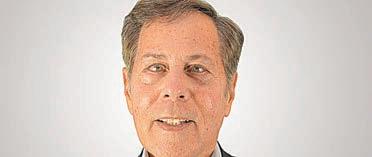
is a longtime LGBTQ rights and Democratic Party activist. He writes regularly for the Blade.
If the felon in the White House wants to know who shares culpability for Charlie Kirk’s murder, all he has to do is look in the mirror. It is his words, and actions, that have helped set the stage for the political violence in our nation today. From the moment he came down that escalator in Trump Tower in 2015, until today, he uses language to incite; he belittles everybody, and attacks his enemies with constant threats of retribution. Donald Trump is a crude, vile man. He has no understanding of, or respect for, history. He said, “I could stand in the middle of Fifth Avenue and shoot somebody, and I wouldn’t lose any voters, OK?” From telling people they would still elect him if he killed someone, mocking a disabled reporter, and telling people he thought there were good people on both sides at a neo-Nazi, white supremacist demonstration in Charlottesville, Va., he has added to the charged rhetoric in the country. He then pardoned those who stormed the Capitol, and threatened to hang his vice president, on Jan. 6, 2021.
Let me be very clear: Charlie Kirk should not have been murdered. No one should be. I send my sincere condolences to his wife, and innocent young children, full stop.
But I can recognize this man who Trump lauds, and will now award the Presidential Medal of Freedom, has voiced vile opinions. In our country, freedom of speech is important. Charlie Kirk was entitled to his opinions, but we must acknowledge they were meant
to create anger. He presented himself as a staunch defender of Israel, and the Jewish people. Yet “He used anti-Semitic tropes, from claims of Jewish ‘control’ over cultural life to blaming ‘Jewish donors’ for fueling social and political ills. The tension between pro-Israel branding and rhetoric echoing well-known anti-Semitic stereotypes has been noted by Jewish and conservative commentators alike.” According to the New York Times, he said, “Jewish communities have been pushing the exact kind of hatred against whites that they claim to want people to stop using against them.” Then he was “critical of gay and transgender rights and the separation of church and state.” In one of his sadly most relevant quotes he said, “I think it’s worth to have a cost of, unfortunately, some gun deaths every single year, so that we can have the Second Amendment to protect our other God-given rights.” He said “I’m sorry, If I see a Black pilot, I’m going to be like, ‘Boy, I hope he’s qualified.” These are the views Trump endorses, and is why he invited Kirk to speak in an honored spot, at his convention.
Trump is willing to rant about the tragic death of Charlie Kirk, and it was tragic; but he doesn’t speak about the three young children gunned down on the same day in Colorado. Trump does everything to ensure we don’t get guns off the streets. He has a cavalier acceptance of the fact that in a nation of approximately 350 million people, there are nearly 450 million guns. Trump refuses to condemn AK 47s and

other weapons of war, being on our streets. Then he says he is declaring war on an American city, putting out a meme with himself as the soldier, and sending armed military into our cities.
Trump doesn’t know, or understand, history. He is trying to wipe it out from our museums, and is removing books on Black history and LGBTQ community, from the nation’s schools. All this makes him culpable for the raft of political violence in the United States today, from the attack on him, to the murder of Kirk, to the attack on the governor of Pennsylvania, and the legislators in Minnesota. It is both left-wing and right-wing violence, and it is all unacceptable.
Trump is not the only racist, homophobic, sexist, in the nation. There are many more like him. He has rallied them into a cult. He worked hard to ensure they could spout their evil in the town square. Something those before him worked hard to say was not acceptable. Trump, by example, showed it was OK to denigrate anyone you wanted to, out loud, and applauded and honored those like Charlie Kirk who took him up on it, especially if it could help him. And yes, Kirk helped him. He rallied young people to Trump.
In our country we must be free to debate ideas and thoughts. But it should be done civilly, and with respect. It should be done with the goal of coming together, not moving us further apart. So, Trump: If you want to meet one of the people responsible for Charlie Kirk’s murder, take a good long look in the mirror.


“You got to let your freak flag fly,” says arrati
By ATT INTON
As the Halloween season approaches, many queer horror fans will surely be revisiting The Rocky Horror Picture Show. And given its 50th anniversary, the timing couldn’t be better, with a new restored version in 4K courtesy of Disney, and several events and screenings happening in Los Angeles.
To discuss the many merits of Rocky Horror, you d be hard pressed to find somebody more passionate than screenwriter, producer and filmmaker ichael arrati credits include Christmas with You, The Wrong Stepmother and The Boulet Brothers’ Dragula). He’s also the co-host of the biweekly podcast Midnight Mass alongside Peaches Christ, where they dig into their favorite cult movies and bring on guest stars.
arrati sat with the Blade and recalls the first time he watched The Rocky Horror Picture Show in his rural hometown, dishes on the film s specific impact on the BT community, and explains why 50 years later, we’re still talking about Dr. Frank-N-Furter.
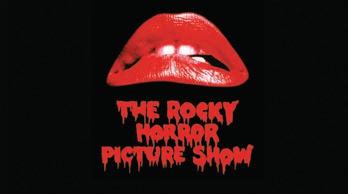
Where did you first discover Rocky Horror, and how did that influence your career and overall taste in film?
When you think of cult fandom, especially in the film space, in the movie space, Rocky Horror is very singular. In so many ways, it led the charge. y first sort of interaction with Rocky was when T was doing coverage of one of the anniversaries — I imagine it was probably for the 20th or around that time. I was a teenager living in rural Pennsylvania and I would see this coverage around Halloween, and I was fascinated as much by the movie as I was by the fact that people were dressing up and going to the cinema to participate. And when you’re living in small town America where there are no theaters to be found doing that, there was some sort of sense of the forbidden, or it was just out of reach. But I obsessed about it, so I got a copy of the movie on HS, and I used to gather friends — probably the theater kids, the drama club, any associated weirdos. And I
say this lovingly, because I was one of those weirdos! And we would watch it in friend’s living rooms and in basements, and we would try and do our own version of celebrating the movie in a theater style at home. It wasn’t until I went to college at Kent State niversity that I started going to the midnight screenings in Cleveland at the Cedar Lee Theatre, and I immediately connected with the vibe of what was going on. I loved that this was more than just a movie to the people who gathered. In many ways, that fundamentally helped me understand that the art we connect to can be so much more than a passive experience.
I actually recently graduated from Ithaca ollege, and they always had midnight screenings around Halloween I got to go to one of those and it was really fun I’ve never quite had an experience like that They really are one of a kind. bviously, midnight movies existed before Rocky, and now exist sort of in the wake of Rocky. I believe the original midnight movies were Night of the Living Dead, El Topo, Pink Flamingos. But Rocky was sort of the first time when that programming became a tangible experience. People were going to the movies, they were dressing up as the characters, they were shouting at the screen, and people weren’t getting mad about it. They were shouting too! And it created this interesting economy of celebration that we see a lot of other places and films try and mimic. We ve seen it kind of rise up for other movies, but it’s never quite caught the way that Rocky did. nd I think the reason Rocky is singular is that it was totally organic. You can’t manufacture the experience after the fact. People found the movie and the movie found them.
Especially knowing the iconic place it has within the LGBT community, and the aspect of people dressing up and going to see these shows in full costume ould you speak to that?
When I think about the significance of Rocky, I, of course, love the movie. But I think one of the most powerful things about it, especially for a particular moment in time, was that it provided a communal space a lot of people didn’t otherwise have. It’s really easy in the modern era, even in rural places, to use the internet to connect with your community if you know where to look. We know
now about queer spaces and platforms and sites, but at a specific time when those were not readily available — and in many places, it was very scary to go looking for those things because you didn t know how you were going to be met — there were few places that felt like safe harbors. nd when Rocky Horror started becoming that space, I think that became really significant to its history because it became a gathering point for BT people. For punks, for goths, for anyone who felt marginalized or othered by society. When you walked through those theater doors, you belonged, and everybody accepted you, and the thing that made you feel like a freak was celebrated. You got to let your freak flag fly, and so I think for so many people of a certain generation, Rocky was the first place where they got to go find chosen family. They got to find and develop a sense of community. Because for so many, it was not a viable option. And to the outside world who maybe didn’t connect with that aspect of the movie, it was a good way to fly under the radar if you didn t want people to fully know why you were going because you’re just going to a midnight movie. It s not like you re going to the gay bar that everyone in town knows or vilifies you’re just going out with some friends to a movie. But secretly, you re finding your community.
I think that’s a great way of putting it
The movie is cele rating its th anniversary this year, and there’s quite a few events happening, including an Academy useum screening on the th with some of the cast ould you speak to the legacy of this film over time and why people are still finding so much enjoyment in it?
In so many ways, it is as bold as ever. There are aspects of it, of course, to the modern audience that maybe haven’t aged as well or are problematic. But nonetheless, there are things about the movie that are so celebratory. This movie isn’t just a place where outsiders can celebrate — the movie itself, in the pantheon of film, is sort of an outsider. It is this subversive anomaly. It was a critical failure, and it was kind of a commercial failure, yet somehow it persisted. Its persistence is, in a lot of ways, akin to resistance. The idea that queer oy is an act of resistance. ueer persistence is an act of resistance. By being the strange movie, by thriving in spite of an industry that said it couldn’t, it’s something
people really appreciate that history of and continue to gravitate to. But then for newer audiences who see it, the music’s fun, the characters are fun, and it still feels pretty audacious as ever. But also, the message of “Don t dream it, be it,” is timeless.
I’m curious to hear a out this movie’s relationship to camp, ecause now I think that word gets overused a lot, and some films try to manufacture it And as you said, this film was a le to capture an experience so organically
There is, to some folks, a prevailing idea that you can t intentionally make camp. But I don t know that that s entirely true, because we see people like ohn Waters — he can intentionally make camp. There are folks who get the DN of what camp is. But a lot of times, camp happens by accident. Because I think most camp, all camp, in a lot of ways, is born out of earnestness. nd I think that s what happens when people try to manufacture camp and it fails because they’re missing the fundamental element of earnestness. If you look at any of these movies that have become camp classics, they re not winking at you. They’re not trying to say, “Hey, this is so bad, it s good ” They re not trying to make you know that they re in on the oke. They re presenting something with their whole chest and they believe in what they’re putting out there, and it ust is what it is. nd we find the ridiculousness through the heightened presentation. Rocky is really special in that it is truly camp, because it is, in so many ways, an homage to classic monster movies, classics and drive-in cinema. It is through the experience of these two small town people who are sheltered and are now experiencing something that they consider to be so other and overwhelming — but for everybody inside the castle, that’s every day. A really fun way to experience Rocky is understanding that the camp is not necessarily intentional, but also absolutely intentional. It’s sort of a lampooning of the normalcy of the world outside, because the truth is normalcy is the ultimate camp, because it s a fallacy. Nobody s normal. What is normal What s it mean Brad and anet, when they finally get to be themselves, are ust as freaky as everybody else inside of the castle. It s a revealing of truth, and I think part of that revealing of truth is what makes the movie so special to people.
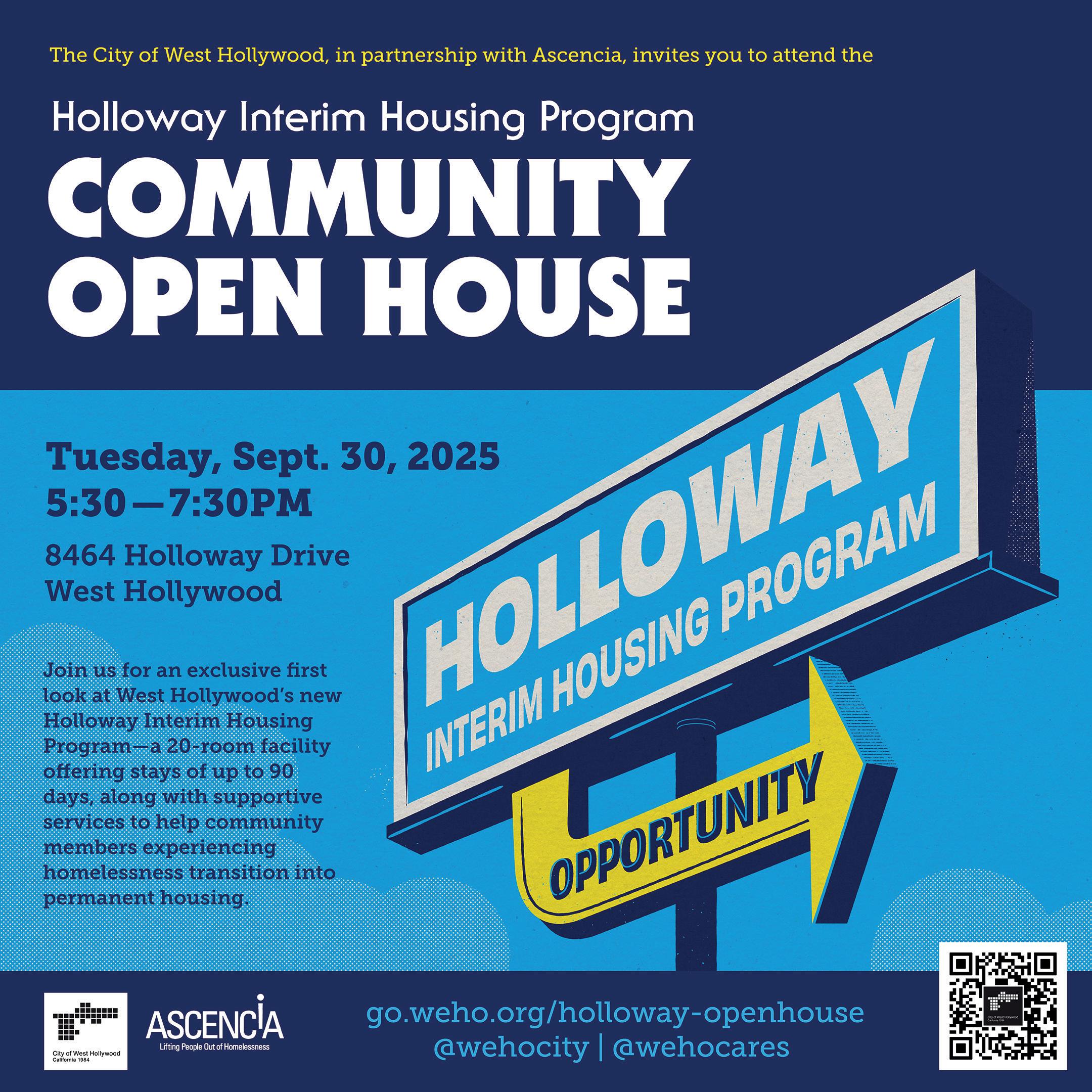
cruising, ‘Downton’ returns, J.Lo, Guadagnino’s latest, and more
By JOHN PAUL KING
Fall is rolling in fast, and that means shorter days, longer nights, and a fresh season of entertainment on our screens, both big and small, so there will be plenty of choices for you when it comes to deciding how to fill those extra hours of evening time. As always, the Blade is here to give you the rundown on the new movies and shows that are coming your way for the next few months. ur list, in order of release date, is below.
Sept. 10, Prime Video
Queer animation fans can look forward to a new offering from ivienne “ iv iePop” edrano, whose adult animated musical black comedy web series (yes, we know that’s a lot of descriptors)
“Ha bin Hotel” and its spin-off, “Helluva Boss” garnered a legion of fans in the late teens/early twenties. Set in Hell, the latter show revolves around an assasination-by-hire business run by a ragtag crew of imps. Including multiple LGBTQ characters (gay, bi, pan, trans, and more), it s set in the same fictional “Hell-iverse” as “Ha bin,” but is otherwise a standalone experience to celebrate its September debut on the Prime ideo platform the existing first two seasons will be available, with the promise of more to come), edrano has created a new remake of the series pilot (originally aired in 2019), which will premiere there alongside the previously released installments. Wicked fun!
Sept. 12, VOD
For fans of queer international cinema, this Norwegian drama from writer-director Dag Johan Haugerud will surely check off all the necessary boxes. The middle installment of a trilogy about nontraditional intimacy the other two films are titled “Sex” and “ ove” , it follows a young female student lla verbye who falls in love with her French teacher Selome Emnetu) and documents her feelings in writing, sparking tension within her family and forcing a confrontation of unfulfilled
dreams and hidden longings. Winner of the Golden Bear at the 2025 Berlin International Film Festival, it offers a Scandinavian perspective on the generational shift of attitudes around relationships, sexuality, and social norms.
Sept. 12, Theaters
It s hard to imagine a “Downton bbey” without the late aggie Smith, but the phenomenally popular highbrow soap opera about the interwoven lives of the wealthy Crawley family and their servants in early 20th-century England is returning for one last installment, regardless. This time, the clan faces disaster after ary ichelle Dockery finds herself at the center of a public scandal that places the household at risk of financial disaster and social disgrace. The ever-plucky Crawleys and their loyal staff must carry on, embracing change as the next generation is faced with leading Downton into an uncertain future. We ll be there for it, you can bet — though the publicity emphasis on the “next generation” and the “future” makes us wonder if it really is the “Grand Finale” after all. Hugh Bonneville, liabeth c overn, and all the rest of the beloved cast return, alongside some new faces, for what will surely be a fan mustsee cinematic event.
Sept. 12, Theaters
ne of the year s most anticipated queer titles, this epic gay romance from South frican filmmaker liver Hermanus
“Beauty,” “ offie” traces the passionate relationship between two young music scholars Paul escal and osh Connor who embark on a mission to record folk songs in rural aine at the end of World War I. Based on two short stories by Ben Shattuck (who also wrote the screenplay , it s not ust a love story set against the social constraints of the early 1900s - it s also a profound exploration of music as an expression of humanity, which somehow makes the love story even bet-
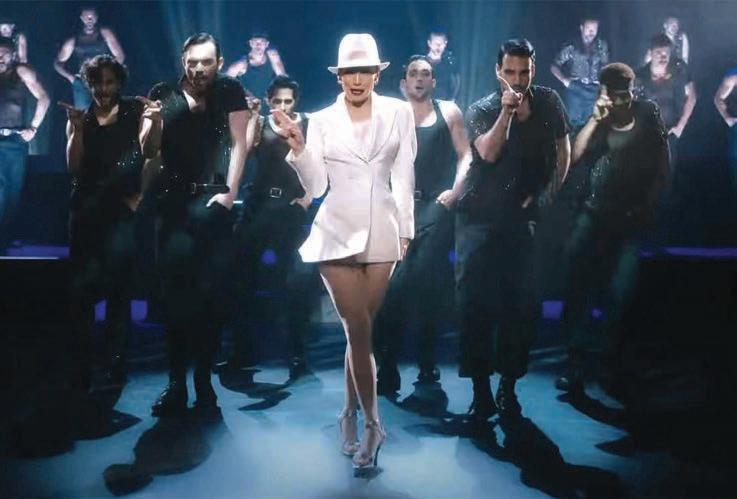
ter. With endearing and moving performances from its hot-ticket leading men (we know most of you will be seeing this one solely for escal, Connor, or both, and it’s completely understandable), and an idyllic pastoral beauty that evokes a rugged “Brokeback ountain” mystique, it has all the makings of an instant queer classic – and we can’t wait for it, either.
Sept. 16, VOD
This award-winning queer festival favorite is a coming-of-age buddy movie about a young undocumented immigrant Rafael Silva facing deportation, who unexpectedly reunites with his estranged best friend Denis Shepherd , a “vivacious bachelor” as the official synopsis puts it who seeks a deeper connections. Together, they embark “on a heartfelt journey to prevent avi s expulsion from the only country he has ever called home.” Timely in its subject matter and appealing in its focus on friendship, it s definitely on our watchlist.
Sept. 17, Prime Video
The popular and thrilling spinoff series from “The Boys” returns for a second season, continuing the saga of America’s first and only college for superheroes and putting its gifted students (and their moral boundaries) to the test as they compete for the school’s top honors and the chance to join an elite team of international world-savers – but as the school s dark secrets come to light, they must decide what kind of heroes they want to
become.
“Plainclothes”
Sept. 19, Theaters (Limited Release)
This hotly anticipated Sundance Audience Award-winner comes from writer-director Carmen Emmi, and stars Tom Blyth as a young undercover cop in mid90s New York, who is tasked with entrapping and arresting gay men who cruise the local mall for anonymous sex. It s an assignment that makes him increasingly uncomfortable, since he’s closeted himself – something that becomes even more problematic when he falls for a potential “offender” Russell Crowe, in full and glorious “daddy” mode in the line of duty. Yes, it s a story of life in an era of still-prevalent homophobia, and yes, we wish we didn’t have to see another one – but given the current societal climate in America 2025, it’s probably important to be reminded, once again, of what that’s like. Don’t worry, though - it’s not ALL bleak, and there is some seriously sexy chemistry between its leading men.
Sept. 22, NBC
The medical procedural drama, which stars Zachary Quinto as a “psychological sleuth” inspired by world-famous author and neurologist liver Sacks who, alongside his team at Bronx eneral Hospital, delves into “mysteries of the mind” – returns for a second season, as Dr. Wolf and his team at Bronx eneral continue to confront pu ling cases, coming faceto-face with the question Who deserves care?
Sept. 25, FX
Also returning for a second round is this popular and well-received comedy from creator and star Brian Jordan Alvarez, who as the title character continues to rock the boat in his high school workplace whenever controversy arises. This season, he finds himself battling a range of divisive issues like climate change, COVID, military recruitment, and student phone usage, while also struggling to keep his relationship with a fellow teacher (Jordan Firstman) separate from his work life. A refreshingly unfiltered queer-eye comedy of sociopolitical errors, the first season was an unexpected joy; here’s hoping Alvarez and crew can keep the magic going.
“Boots”
e
Based on Greg Cope White’s memoir (“The Pink Marine”), this new dramedy series stars Miles Heizer as a closeted teen who joins the military during the “Don’t Ask, Don’t Tell” era of the 1990s. Another timely reminder of what life was like in the bad old days (for non-heterosexual people, anyway), this one is likely buoyed by a sense of humor. Also starring Liam Oh, Vera Farmiga, and Max Parker, with Cedrick Cooper, Ana Ayora, Angus O’Brien, Dominic Goodman, Kieron Moore, Nicholas Logan, Rico Pairs, and more in support.
Oct. 10, Theaters
This one is big. The long-awaited screen adaptation of Kander and Ebb’s Tony-winning musical – itself adapted from the novel by Manuel Puig, which was also adapted into the 1985 non-musical film starring William Hurt and Raul Julia – arrives at last, directed by Bill Condon (“Chicago,” “Dreamgirls”) and featuring Diego Luna and Tonatiuh alongside diva Jennifer Lopez in the title role. The story of two mismatched cellmates in an Argentine prison – a Marxist revolution-
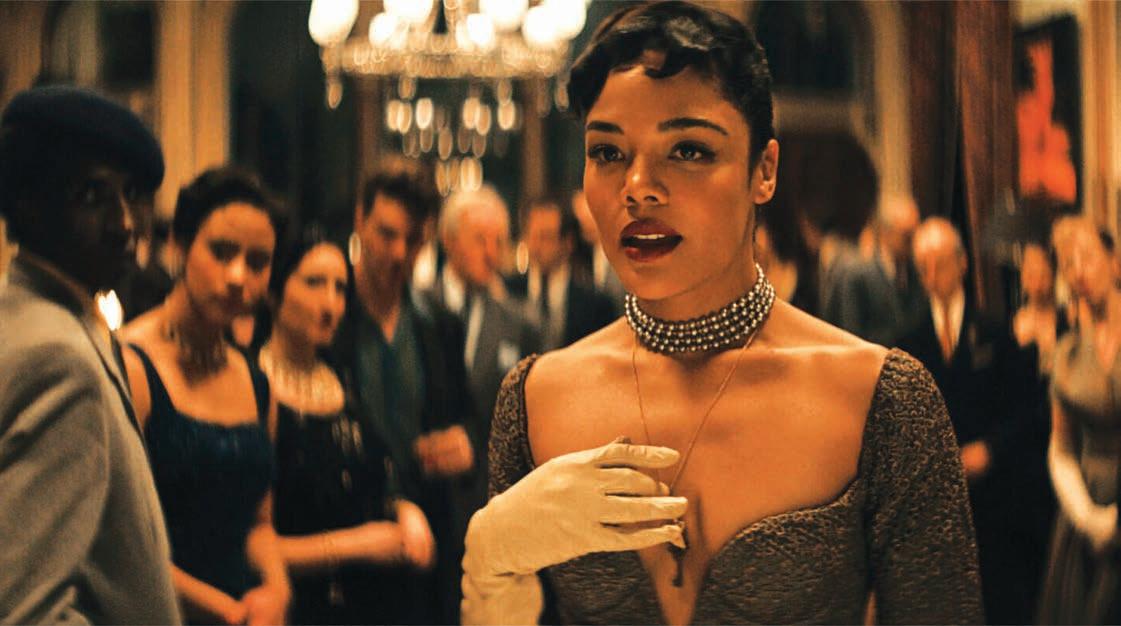
ary and a flamboyantly queer window dresser imprisoned for “public indecency” – who form an unlikely bond as the latter recounts the plot of a favorite movie musical that has given him inspiration and hope. Advance glimpses through the film s trailer promise a visually dazzling cinematic experience, while the talent of its stars gives us high hopes for a film that lives up to the pedigree of its source material – but let’s face it, it’s a musical and a RY queer musical, at that) so we’re going to be in the audience on opening night no matter what.
Oct. 10, Theaters
The latest opus from filmmaker uca Guadagnino (“Call Me By Your Name,” “Challengers,” “Queer”) is also his third movie in two years, a thriller starring Julia Roberts as an Ivy league professor caught up in abuse allegations involving a student and a colleague. It’s unclear whether there are any directly queer plot details here, especially since Guadagnino has stated it doesn’t address “sexuality and love” as his other recent work has done, but given the Italian-born director’s track record, it’s sure to be simmering with unspoken attractions either way. Also starring Ayo Edebiri (“The Bear”) and ndrew arfield “Tick, Tick Boom ” , along with Lío Mehiel (“Mutt”), Michael
Stuhlbarg, and Chloe Sevigny, with a score by Trent Reznor and Atticus Ross.
“Blue Moon”
Oct. 17, Theaters
scar-winning filmmaker Richard inklater reunites with favorite muse and collaborator Ethan Hawke for this intriguingly queer biopic, which focuses on closeted gay songwriter Lorenz Hart (Hawke) – who partnered with Richard Rodgers to create songs that have become staples of the “Great American Songbook” – during a pivotal episode during his life - the opening night of “ klahoma ,” the groundbreaking musical written by Rodgers with new collaborator Oscar Hammerstein III, which launched their long career as Broadway legends while Hart accelerated his tragic slide into alcoholism and death. Co-starring Andrew Scott (as Rodgers) and argaret ualley as a semi-fictionalized would-be paramour of the doomed musical genius. Guaranteed to deliver a powerful look at one of America’s most tragic musical giants, with award-bait performances from an “A-list” cast of heavy hitters, we are confident that this one is not to be missed.
Oct. 24, Theaters
Director Tina Romero is behind this wild-ride horror comedy, about a zombie
apocalypse that breaks out in Brooklyn on the night of a giant warehouse party, forcing an eclectic group of drag queens, club kids, and other “frenemies” to ditch the drama, put aside their differences and take up arms against the brain-craving undead horde in the way that only a true “creature of the night” can accomplish. Starring Katy Brian, aquel Spivey, Tomas Matos, Nina West, Quincy Dunn-Baker, Jack Haven, Cheyenne Jackson, Dominique ackson, and argaret Cho
“Hedda”
Oct. 29, Theaters
Norwegian playwright Henrik Ibsen’s classic “Hedda abler” gets a queerskewed adaptation in Nia DaCosta’s new interpretation of the 19th-century drama about a society woman trapped in a loveless marriage who schemes to free herself by persuading her husband to commit suicide. Tessa Thompson takes on the title role, while Nina Hoss plays her significant other – here transmuted into a woman, Eileen, instead of the play’s original Ejlert – in a match-up that looks epic ust from the brief glimpses afforded by its trailer. We’re always a big fan of queering the classics, and with talented and openly queer Thompson starring as one of the most iconic female characters in history, there’s no doubt this will be a movie for the ages.
By GREGG SHAPIRO
In many ways, the late, Black, gay writer James Baldwin had been writing his own story for years. However, with Baldwin A Love Story (FSG, 2025) by Nicholas Boggs, readers now have the first ma or biography of one of the definitive writers of the th century, gay or straight. Boggs, who played a considerable role as co-editor for the 1 Duke niversity Press reissue of Baldwin and illustrator Yoran Ca ac s 1 children s book, “ ittle an ittle an,” has created a stunning and meticulously researched book. While it s hard to believe that no such Baldwin biography existed prior to this, we can all be grateful to Boggs for writing one. perfect autumn read to curl up with as the seasons change.
Speaking of children s books, rnold obel was the author and occasional illustrator of more than books for young readers, including the beloved “Frog and Toad” series, and also illustrated several others. Additionally, Lobel had the distinction of being one of an elite group of writers who received both Newberry and Caldecott edals. obel, who came out later in life after being married to a woman, died from AIDS complications in 1 . What better way to pay tribute to a celebrated children s book author than with a children s book about him “Outside In and the Inside Out: a story a out Arnold Lo el iking Penguin, 5 , written and illustrated by mmy Kastner, is ust that book. Following Lobel from childhood illness and recovery through his love of storytelling and drawing into his career in the “buttoned-up business world” and eventually his life as a lauded children s book author, without shying away from his finding “a new world with a new love.”
The first biography of the queer, reek poet known as C.P. Cavafy 1 -1 in more than 5 years, “Constantine avafy A New Biography (FSG, 2025) by regory usdanis and Peter effreys, is cause for celebration indeed. poet whose body of work continues to be translated to this day, the fact that Cavafy openly wrote poetry consisting of queer sub ect matter at the time he did is reason enough to read his work. Cavafy authorities usdanis and effreys scrupulously researched their sub ect, and the book takes us from his early years with his family in his gyptian birthplace through time in ngland iverpool and ondon and Turkey Istanbul to his return to lexandria. Featuring 1 pages of photos, it is a fascinating portrait of a brilliant and groundbreaking poet.
Poet and ac rthur Fellow dward Hirschis, at present, the president of the uggenheim Foundation. His memoir, “My Childhood in Pieces: A Stand-Up Comedy, A Skokie Elegy Knopf, 5 , is exactly what you would expect from the title. Combining humorous bits presented in poetic language, Hirsch takes us on a guided tour of his early years in Chicago and his family s eventual northern migration to suburban Skokie, Ill., where he spent his formative years.
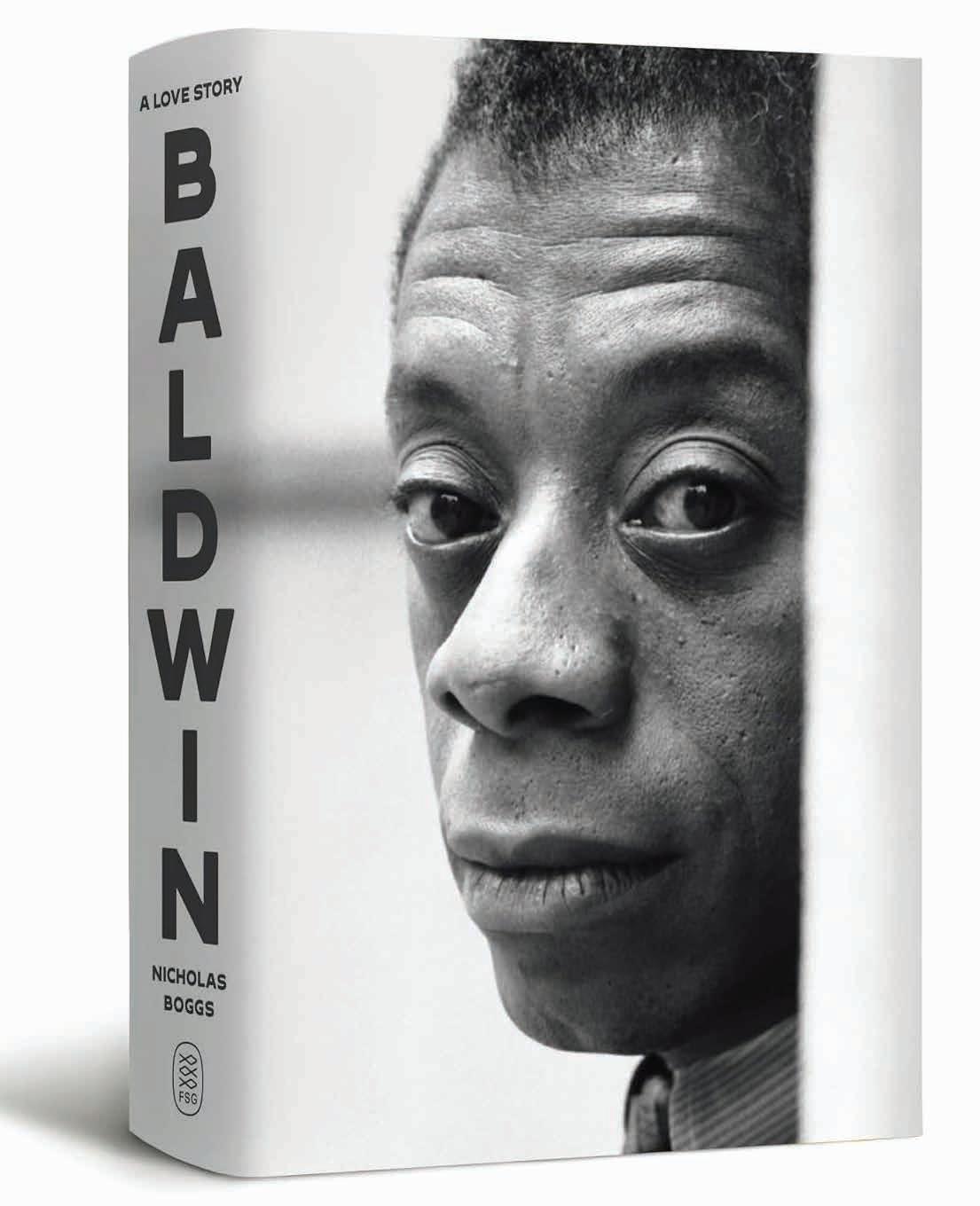
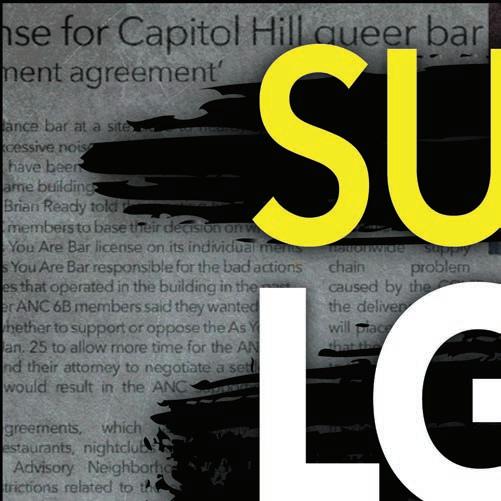
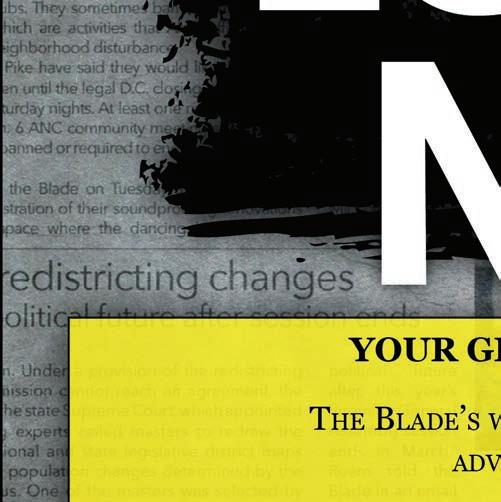
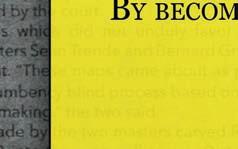

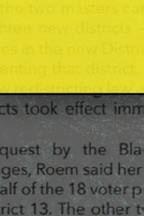



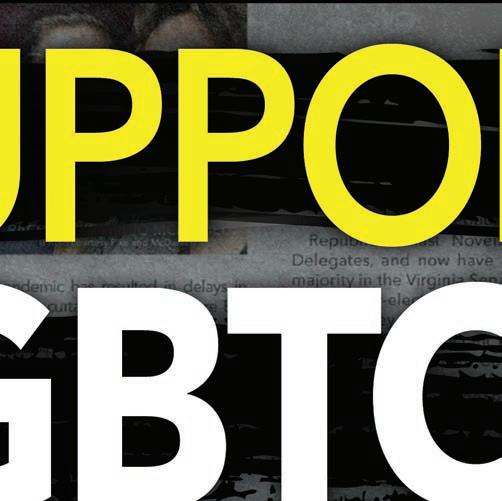
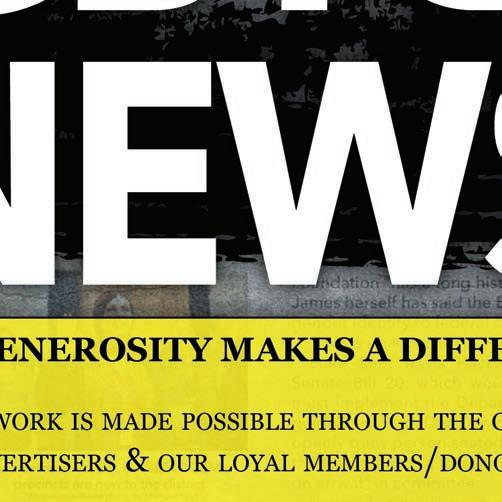
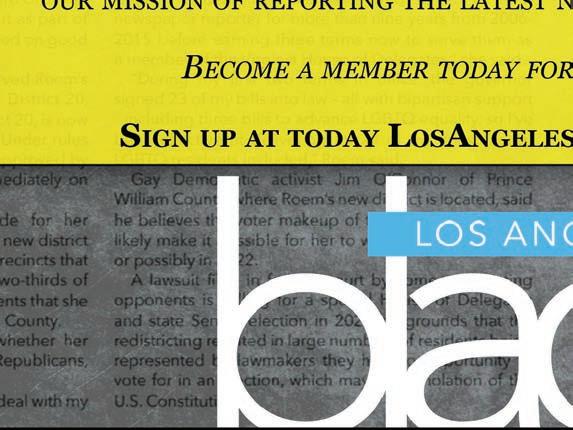
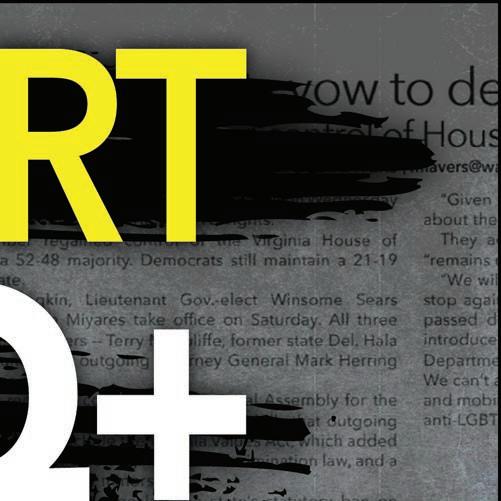
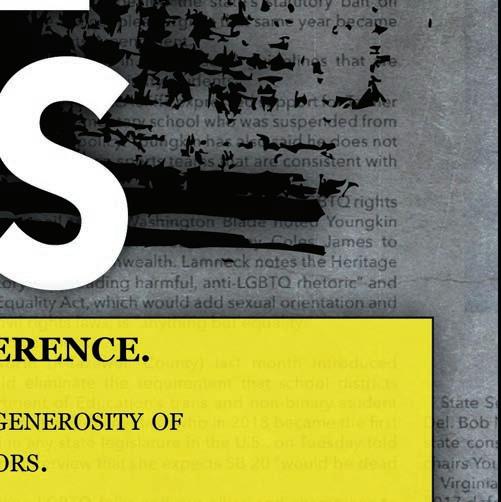
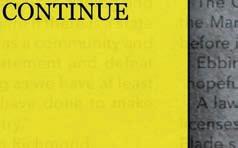
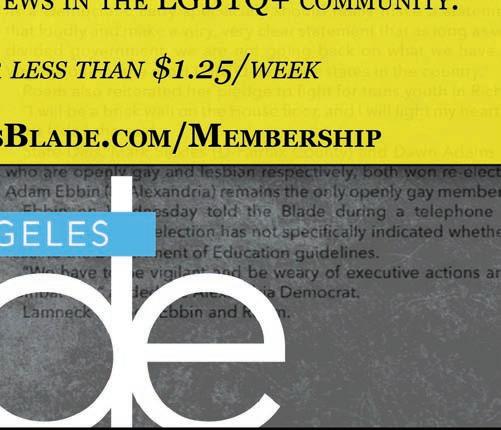
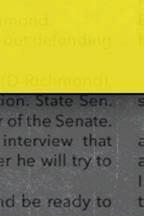




“Humor is how we win,” says the D-award winning filmmaker and cultural legend
By MATT MINTON
John Waters lives on the road for most of the year, and he likes it that way.
The iconic GLAAD-award winning filmmaker behind cult classics like Serial Mom and Female Trouble (just to name a few!) has already done 51 live shows this year, and next he is appearing at the Unleashed LGBTQ+ festival in Dallas, Texas on Sept. 19 for a conversation with Brad Pritchett at the Warwick Melrose, which will allow for audience participation. Waters will also be receiving the Unleashed LGBTQ+ Lifetime Achievement Award.
“I like the attitude of that title, and I think we need to be more unleashed today,” Waters tells the Blade “I’m excited that I continue to be in touch with my audience. It seems to get younger and younger, which is just amazing to me. It’s like being a politician. You know, you always tour, you always meet your audience, and that always gives me the reason to keep going and making new stuff.”
While Waters has long been recognized as an un-
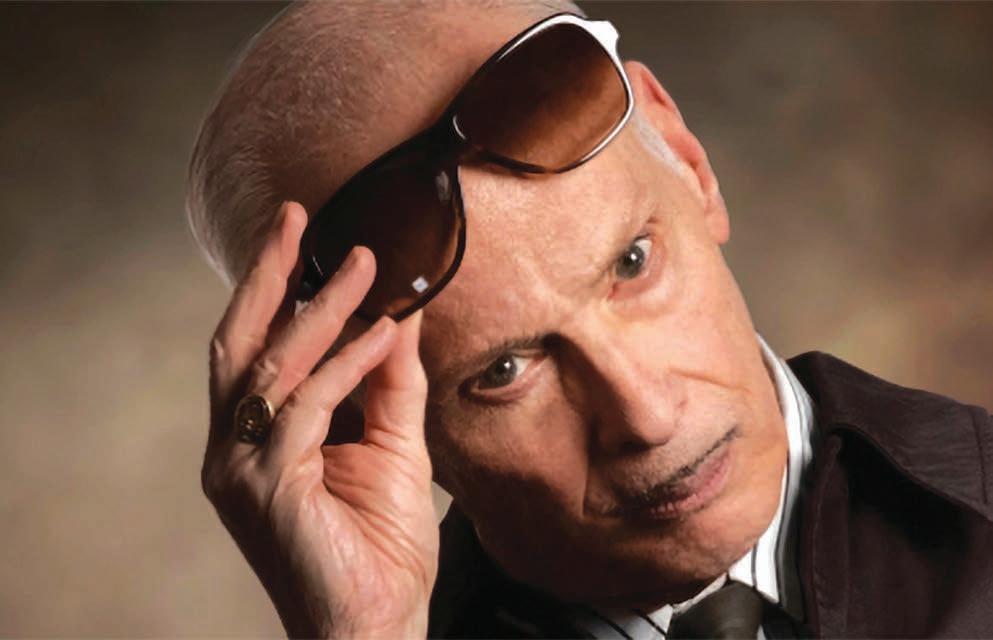
filtered legend within the LGBTQ+ community, he admires that labels have fallen away: “The new generation — they’re not even queer, they’re all new everything. They’re not that limiting. They’re gay, or straight or just everything … It’s a new world out there. But I survived the first sexual revolution. Now I’m going through a new one, which is even more surprising.”
Waters’ first feature film starring Divine, Mondo Trasho , released back in 1969, so he’s seen “half a century” of different audiences connect with his work. “I think the key was I was never mean spirited, that I made fun of the rules that liberals live by, not our parents,” he reflects. “I made fun of hippie rules and then punk rules and politically correct rules. And now there’s more rules in that world that my parents had that I rebelled from. So I’ve always made fun of things I love, and I think that has been the key to my longevity.”
Just last year, the Academy Museum dedicated an
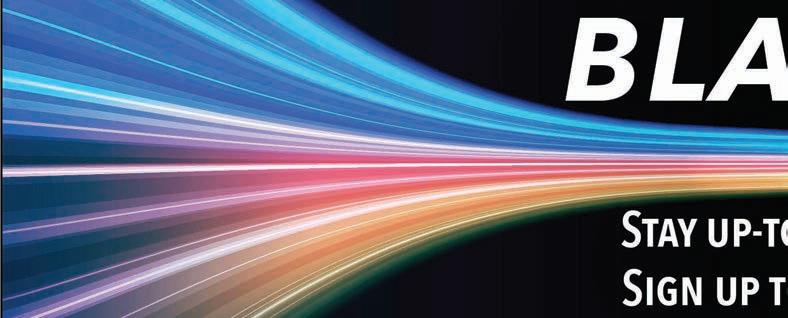
entire exhibit to Waters’ filmography, appropriately titled Pope of Trash . “That gives hope to anybody that anything can happen,” Waters says. “For those movies that were universally hated when they first came out by critics — not by audiences — and to end up at the Academy Awards, giving me nine rooms, it’s just amazing. [And] a gift shop that sold T-shirts that said, ‘He’ll make you sick.’ You know, how did that ever happen? I don’t know.”
Outrageous humor and political satire are key to Waters’ filmography, and it’s that same sense of humor he sees as key to winning today’s many fights.
“Let’s pick our battles and win them and use humor,” Waters says. “Don’t preach to people. Don’t tell people they’re stupid, even if they are. You got to make them think that they’re smart and listen to you ... You have to use politics. Humor is politics. Freud even wrote a book about the psychoanalysis of jokes. Humor is how we win, and we have to pick our battles. And I don’t think we did last time.”
